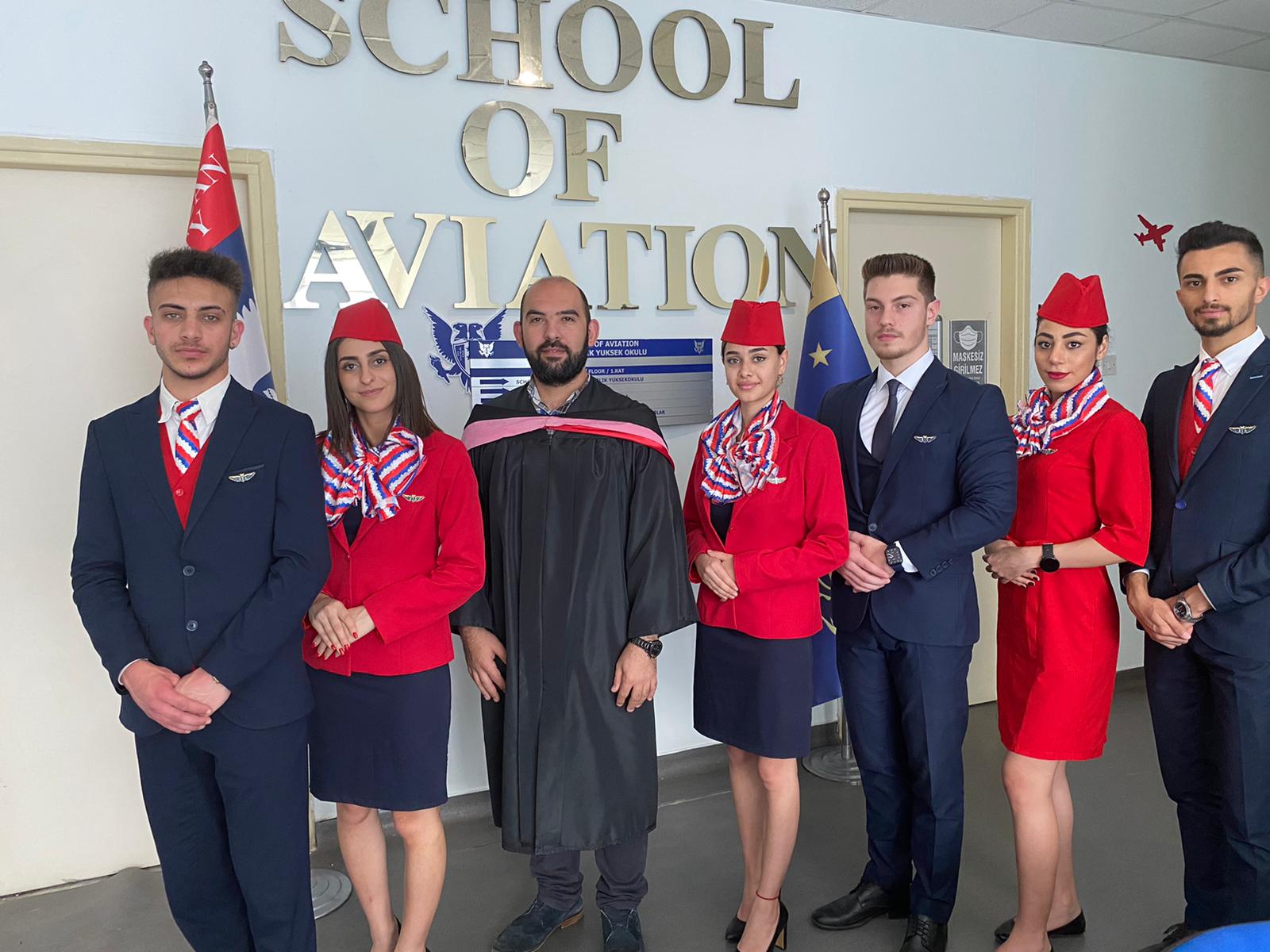
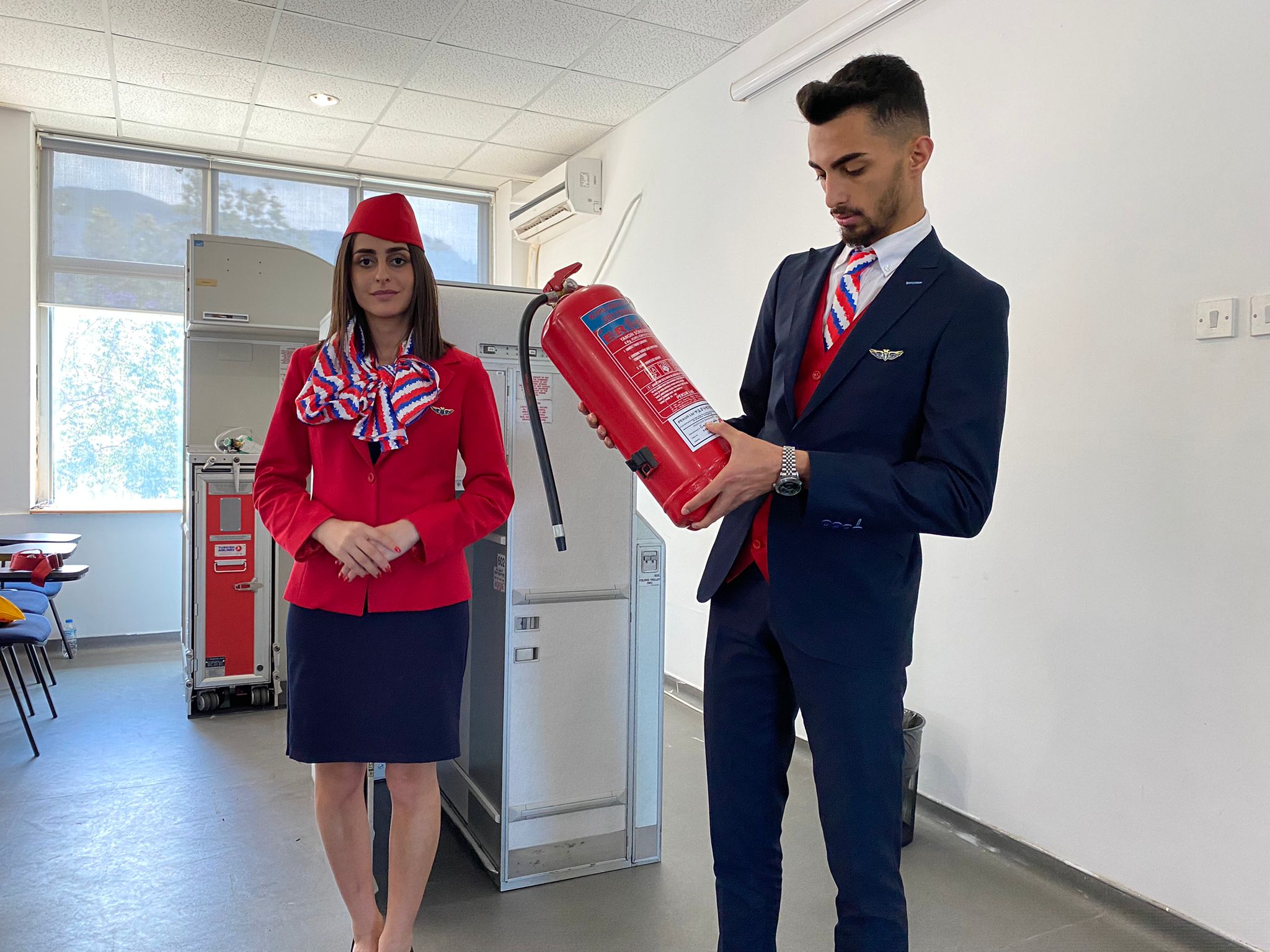
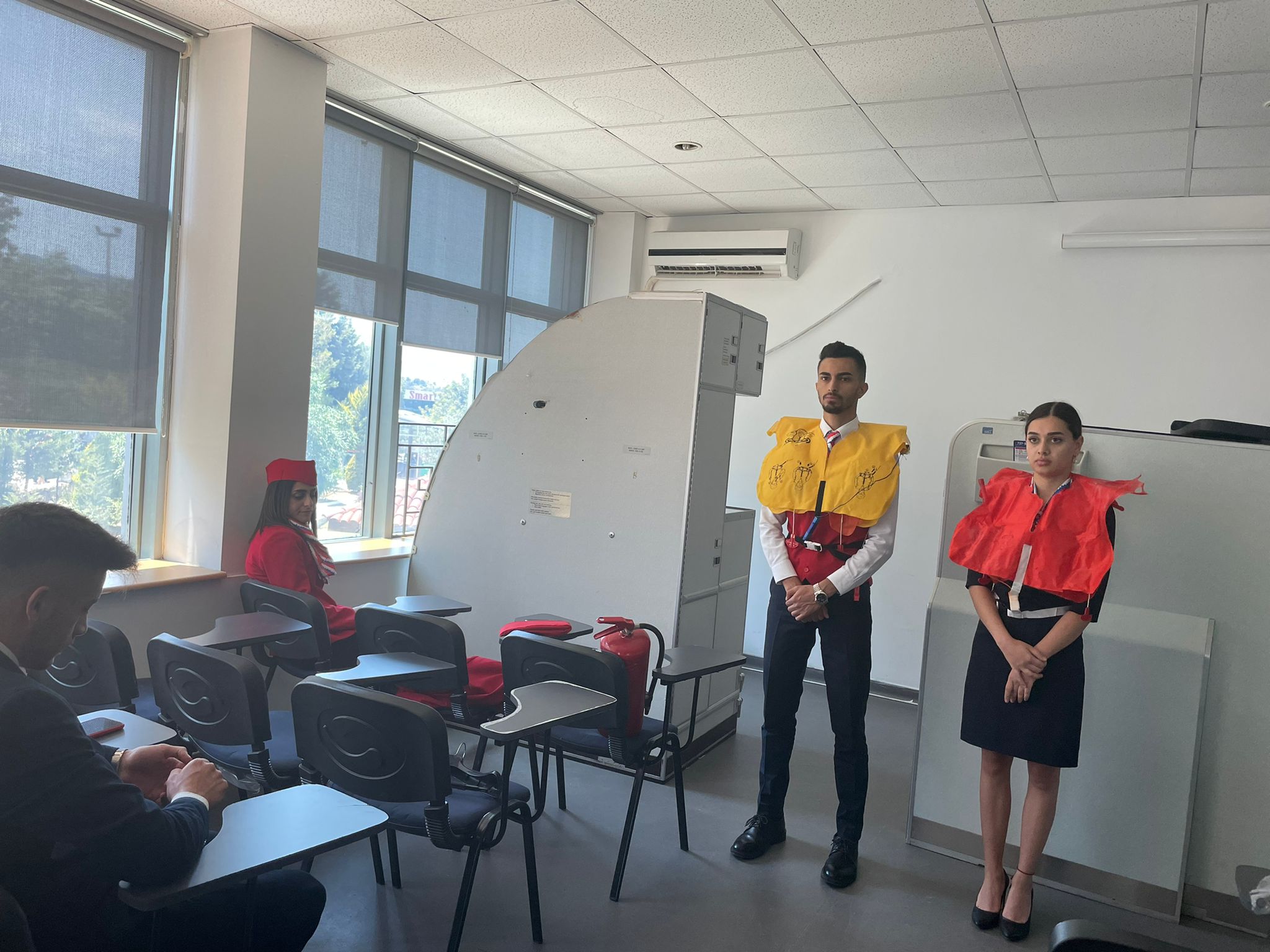
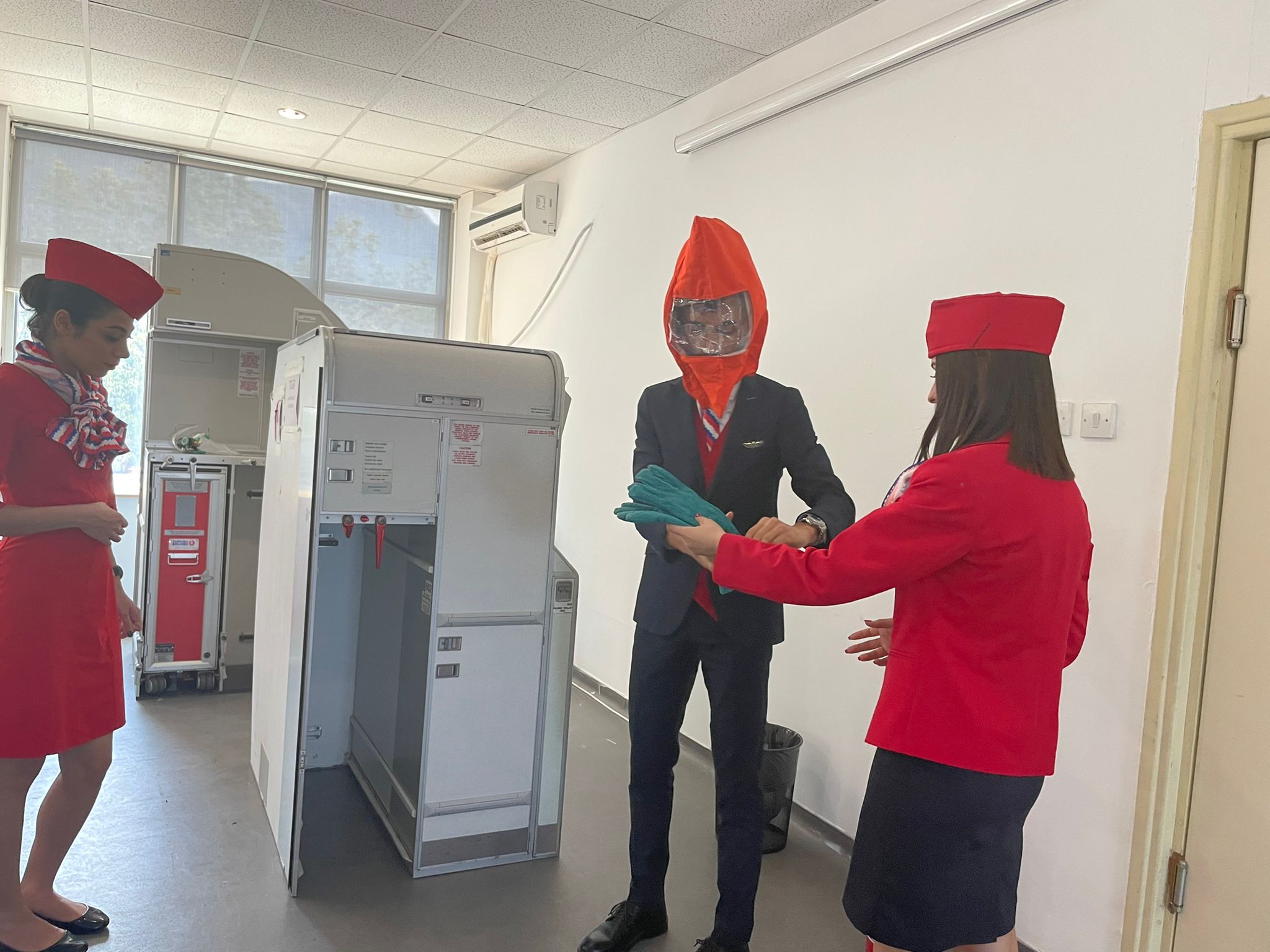

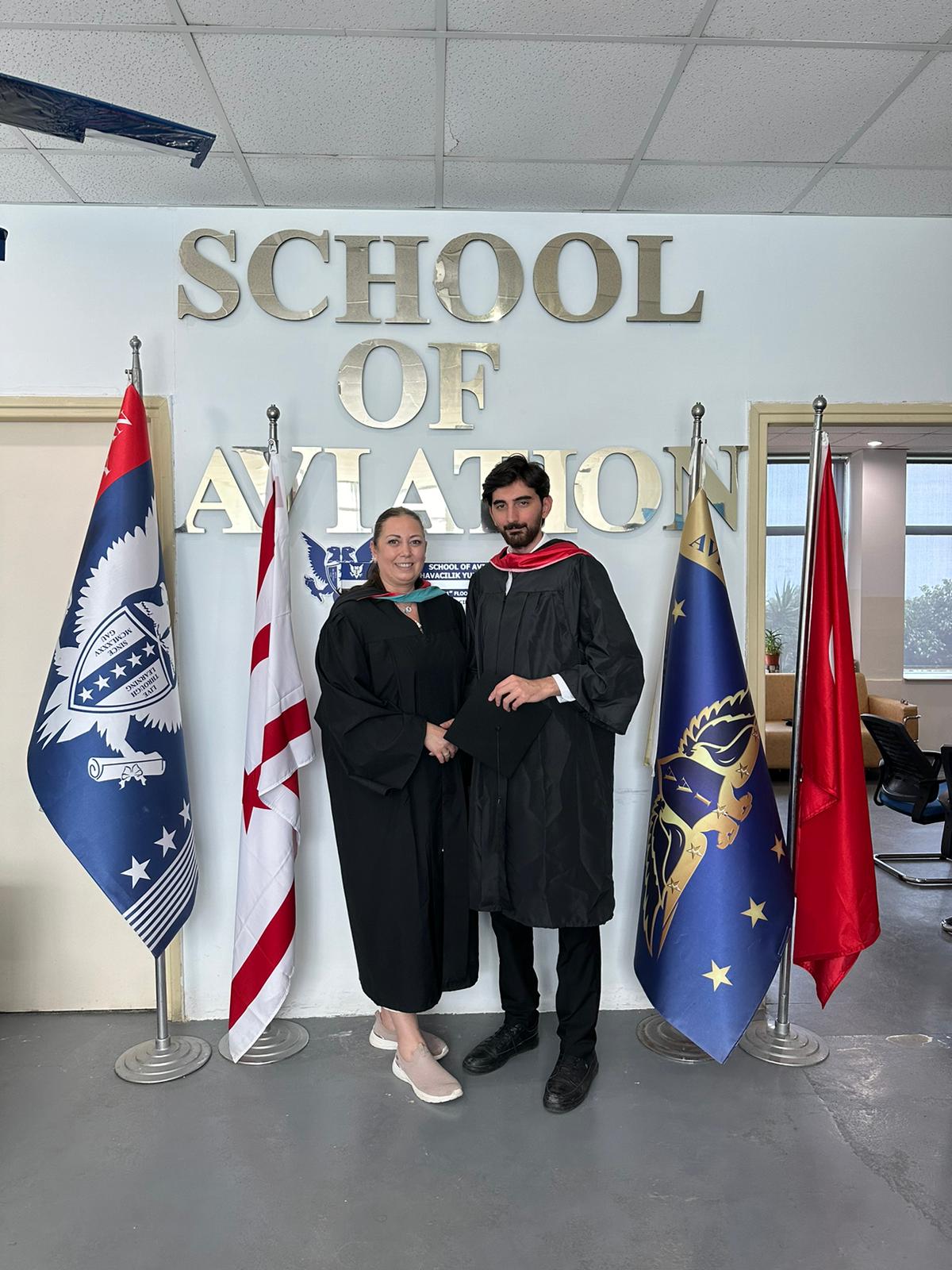
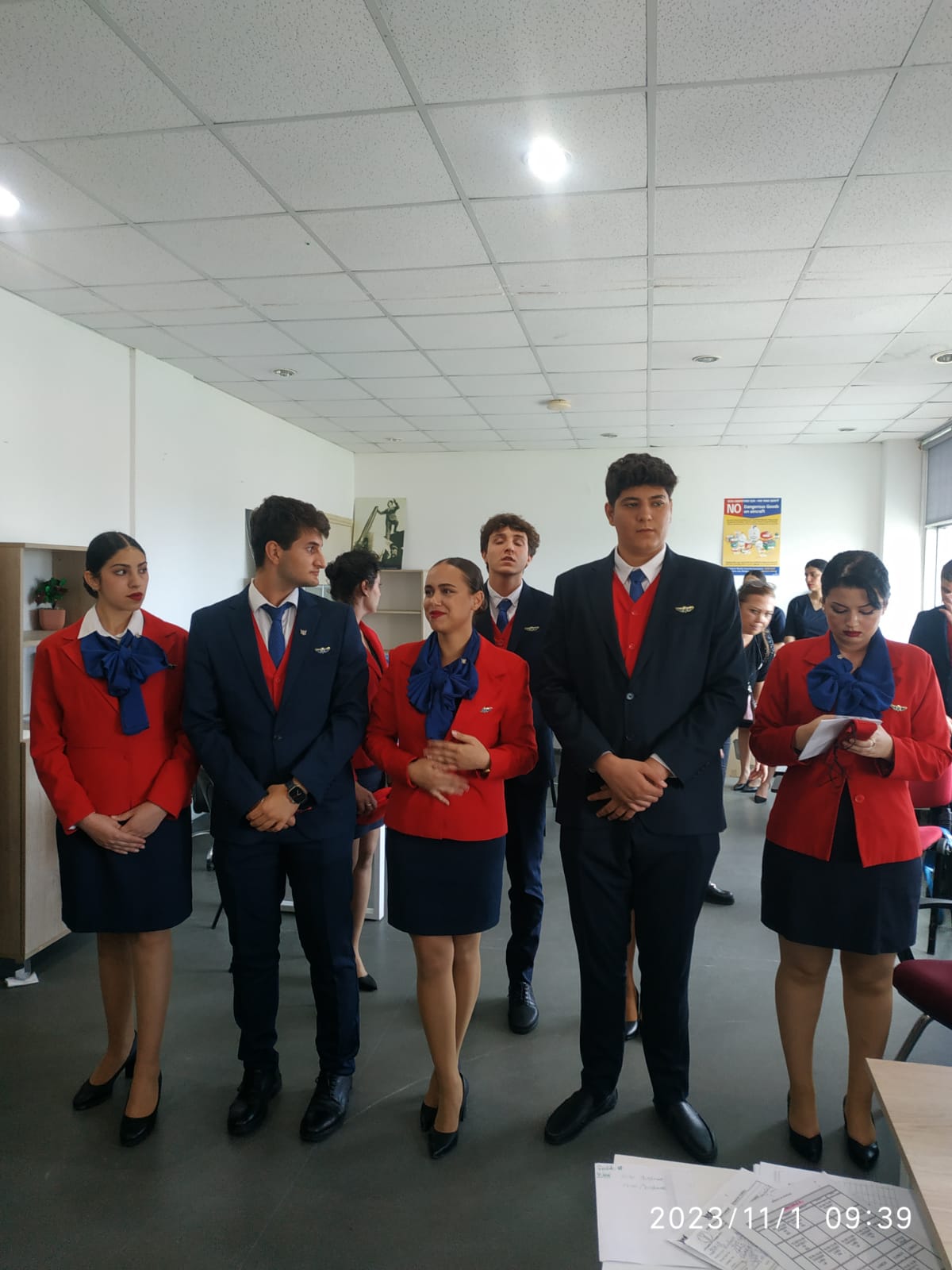
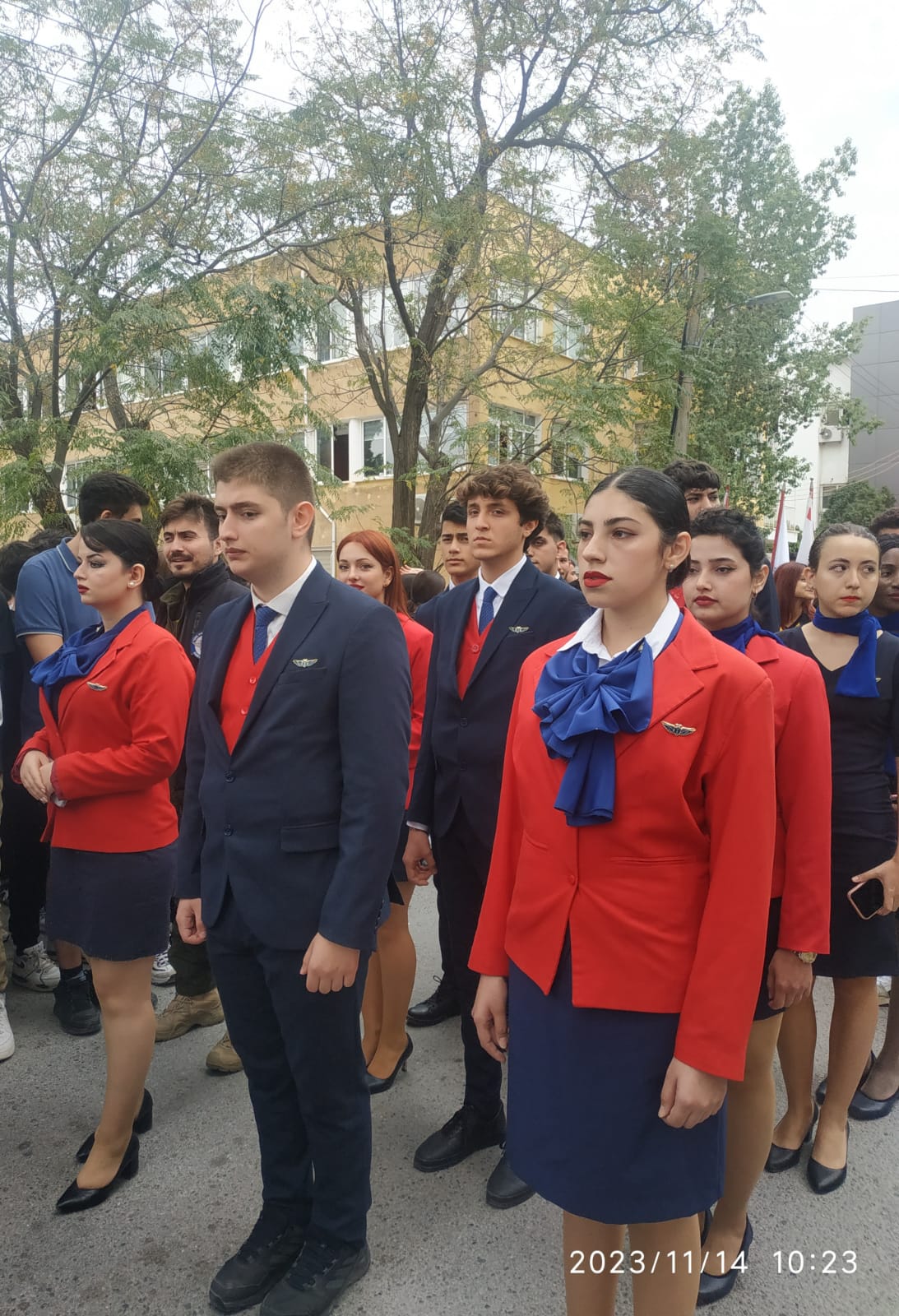
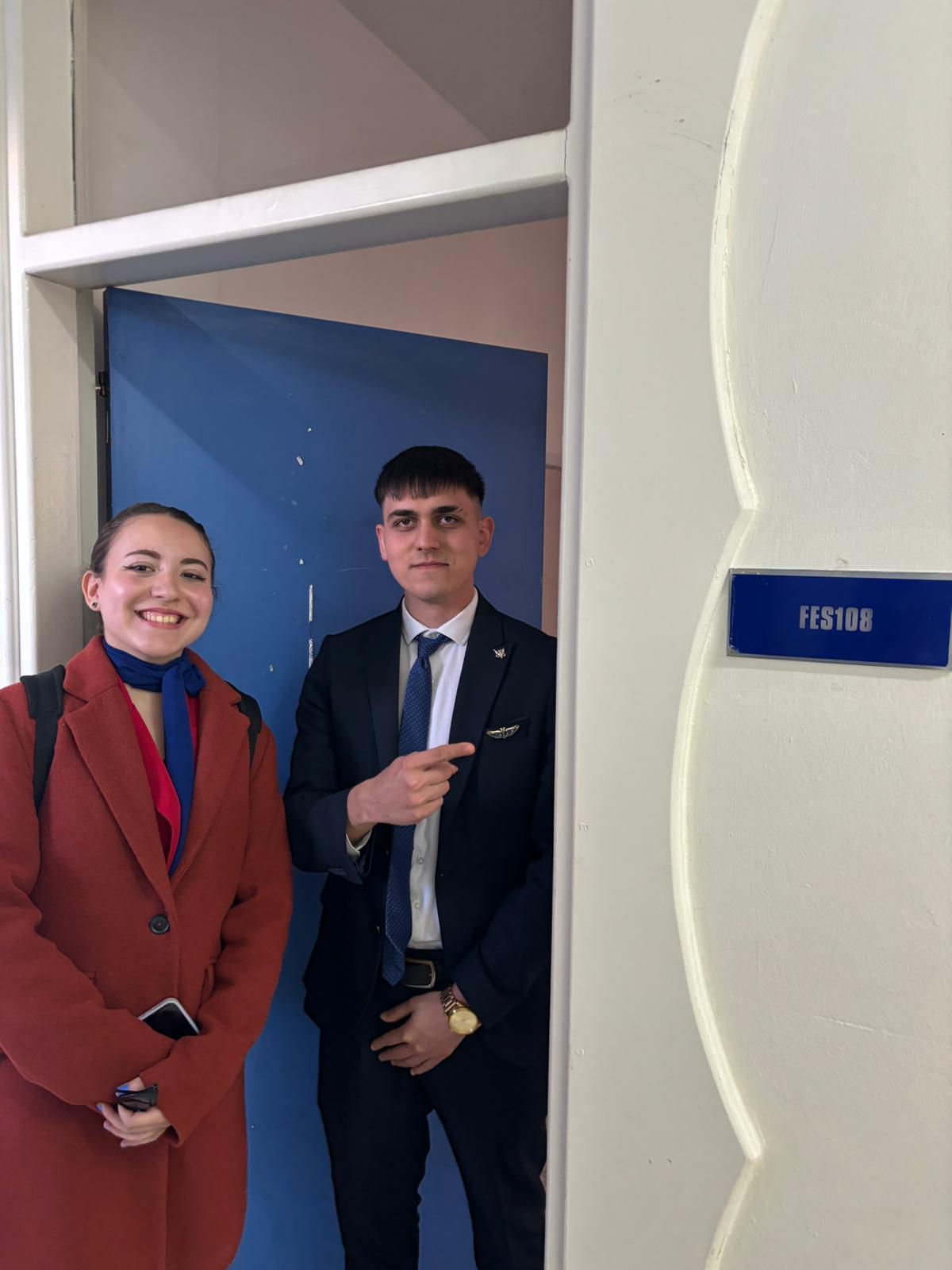
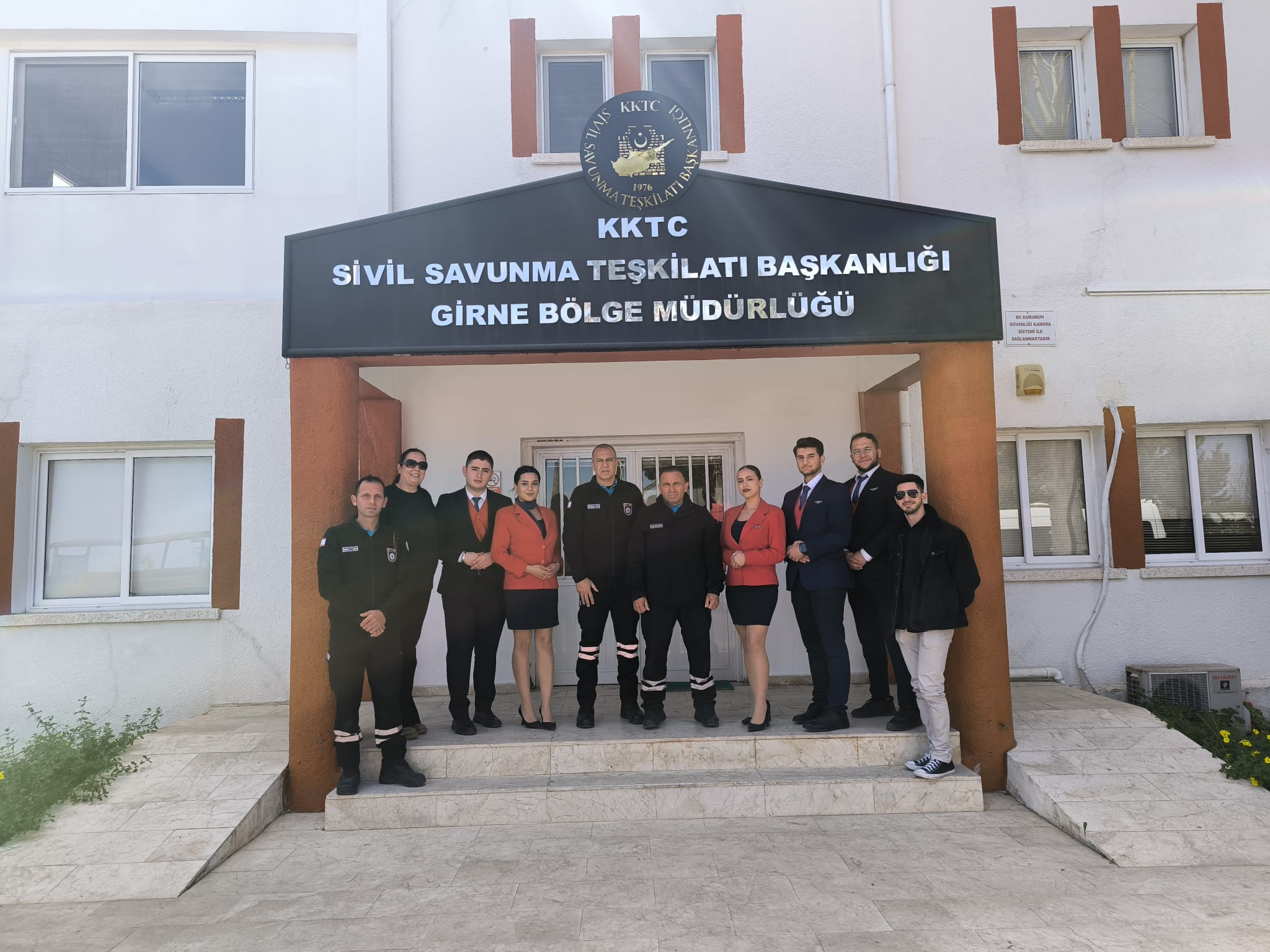
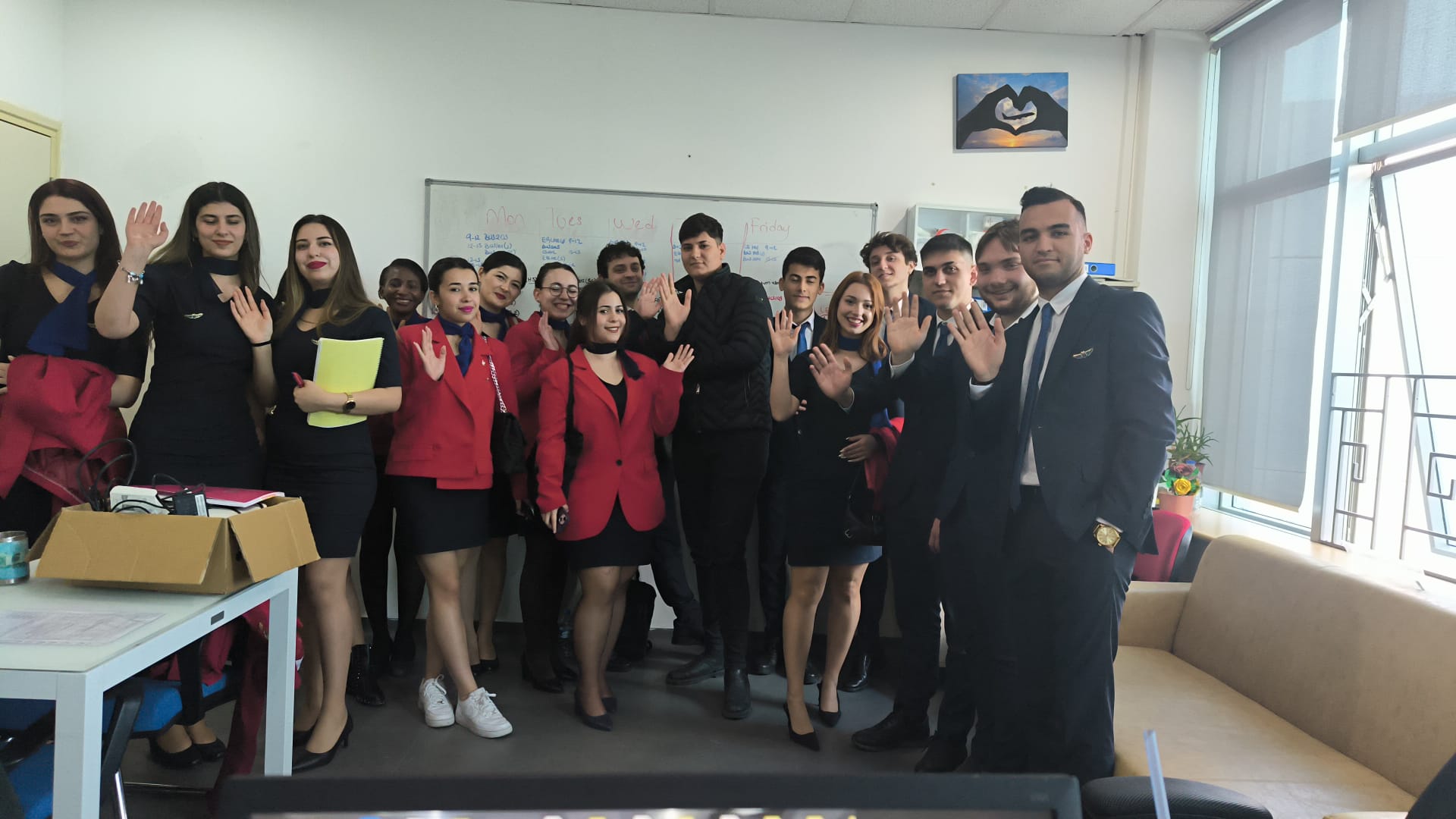
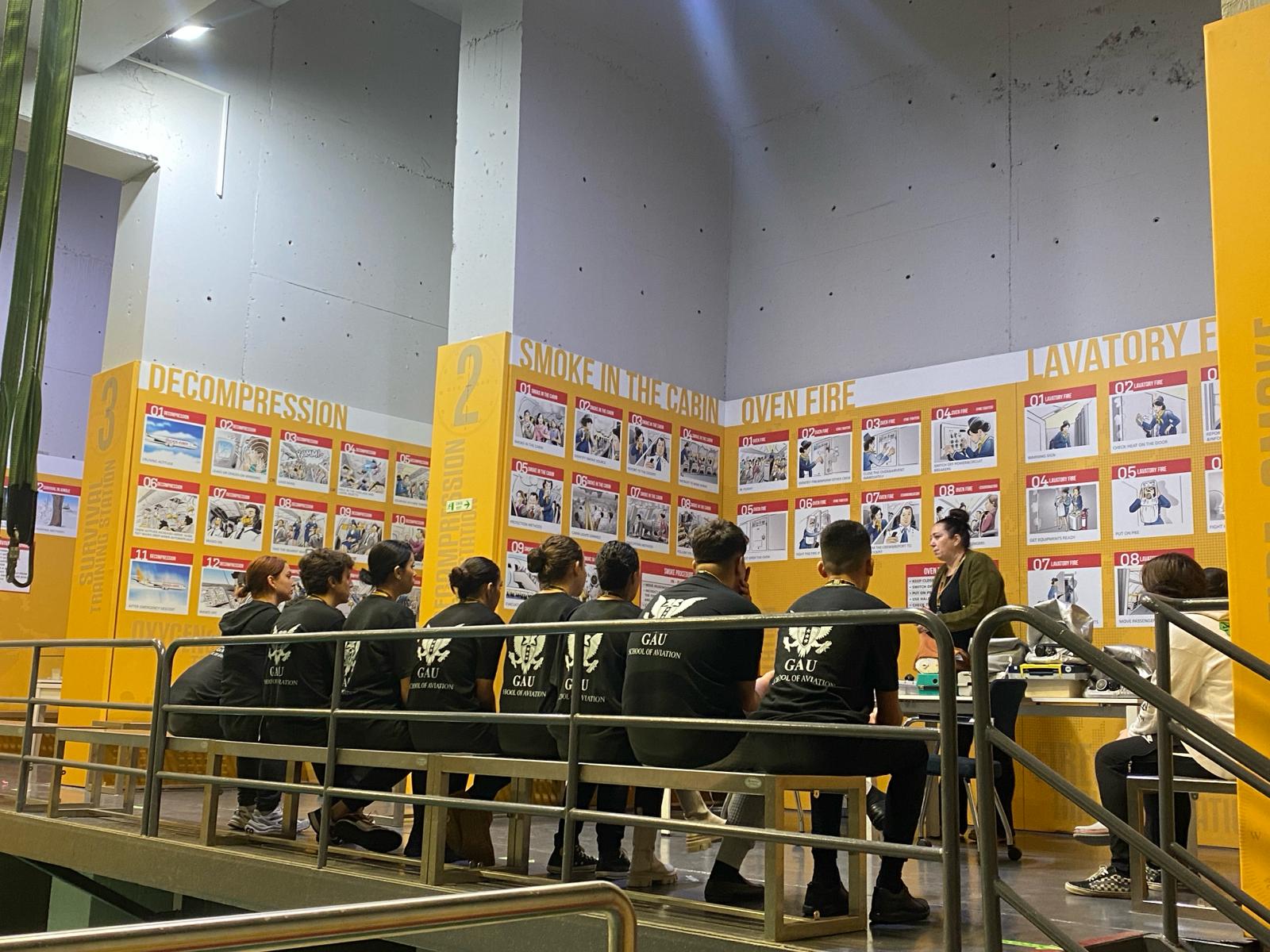
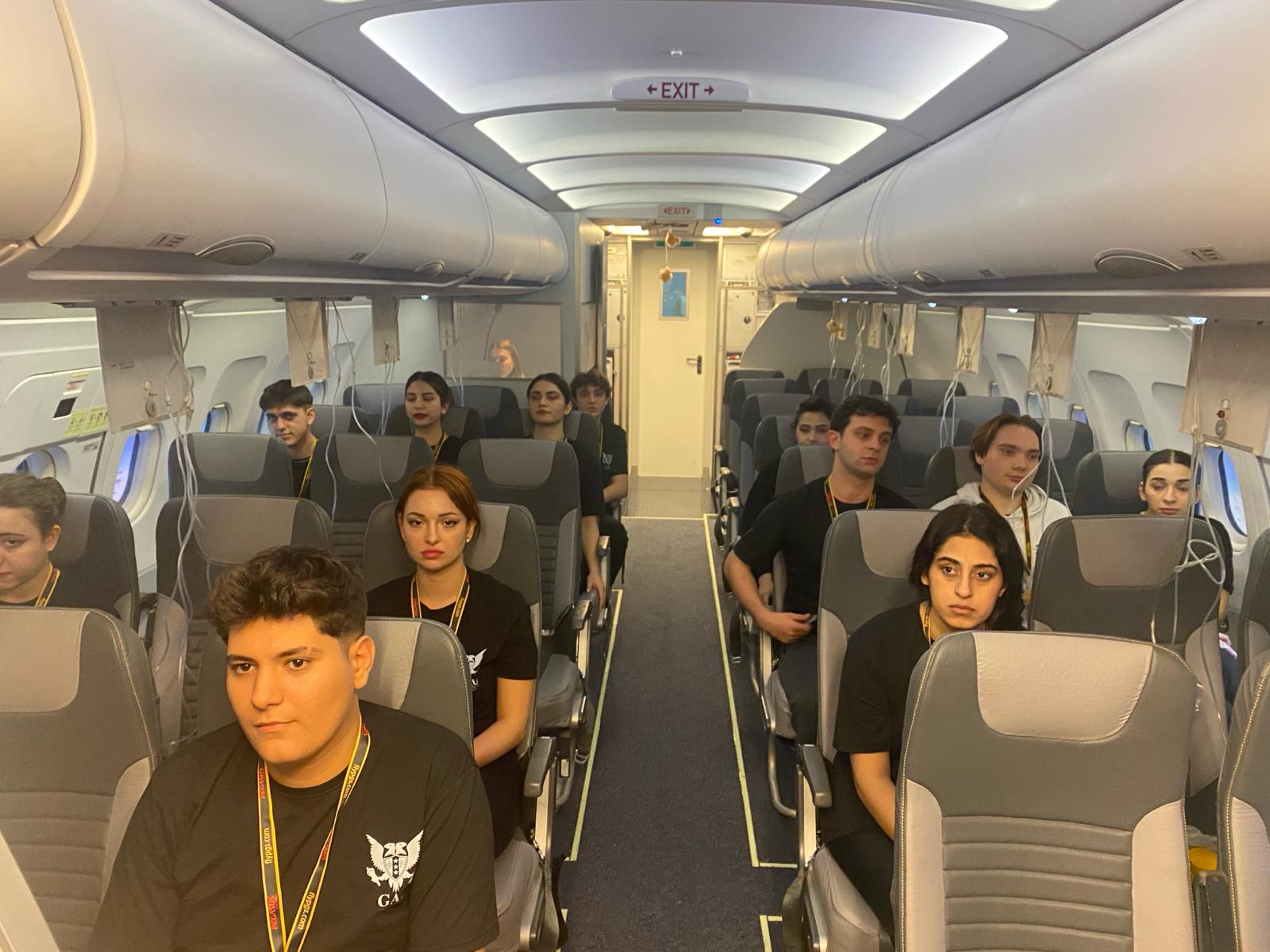

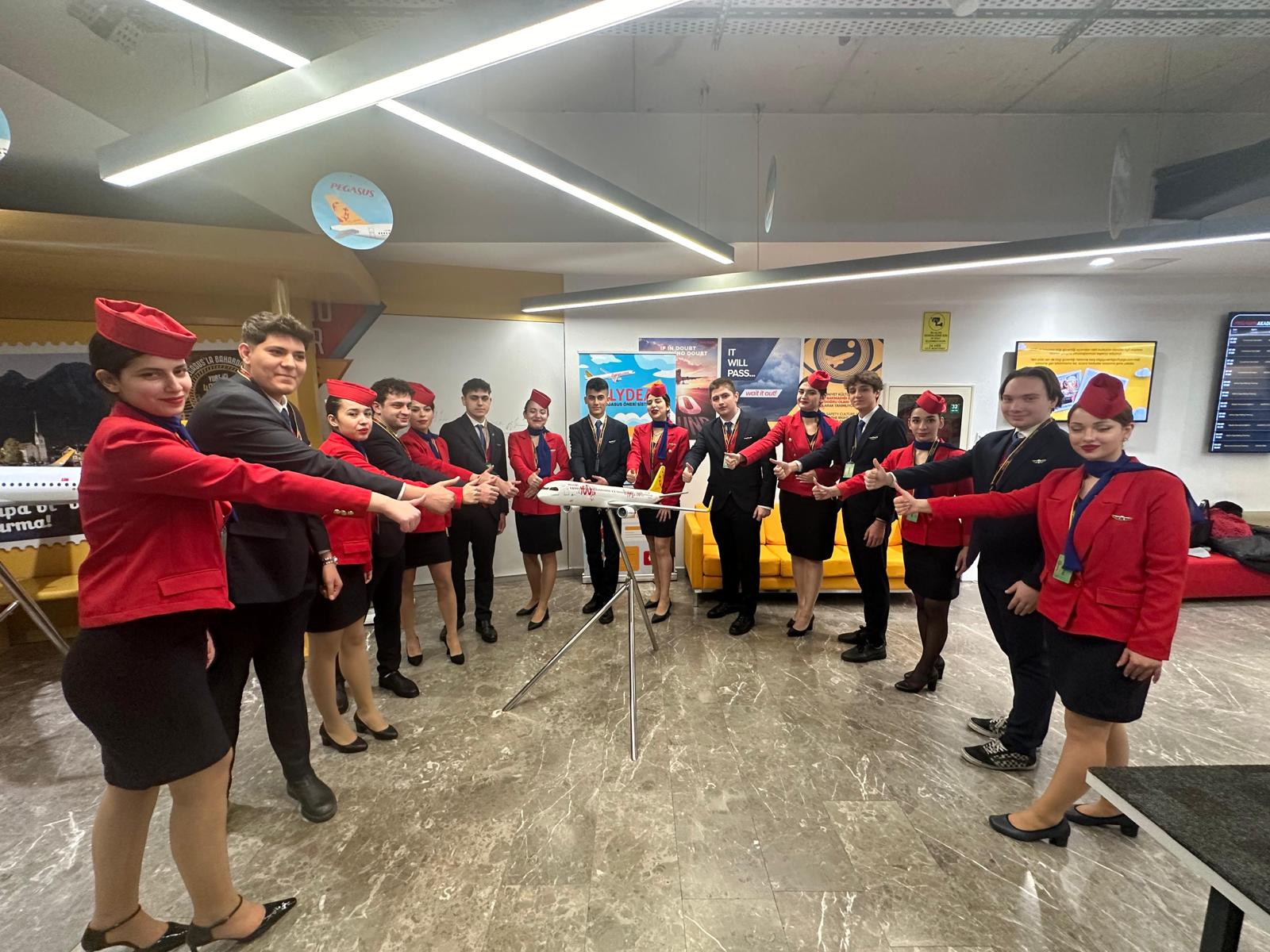
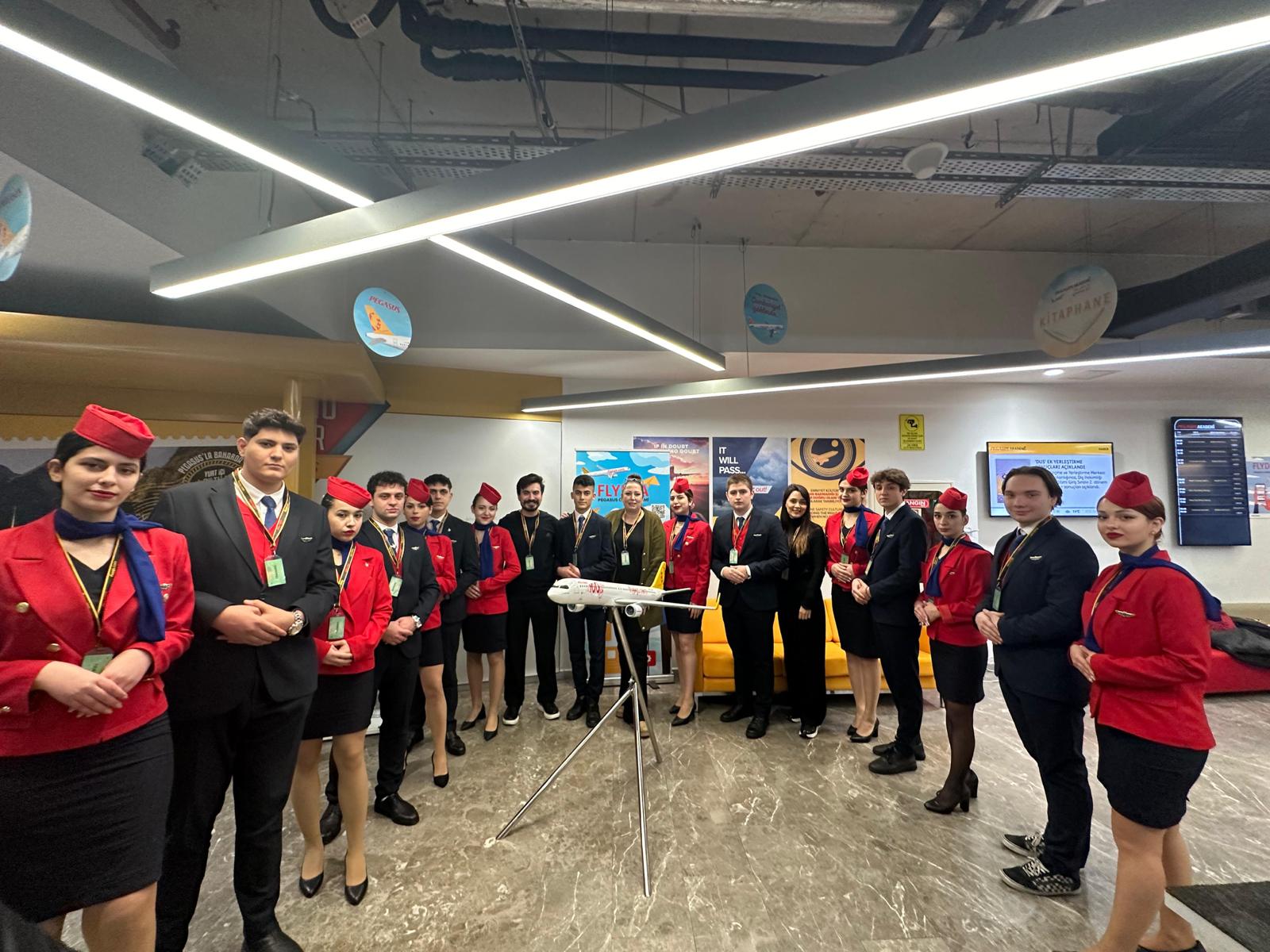
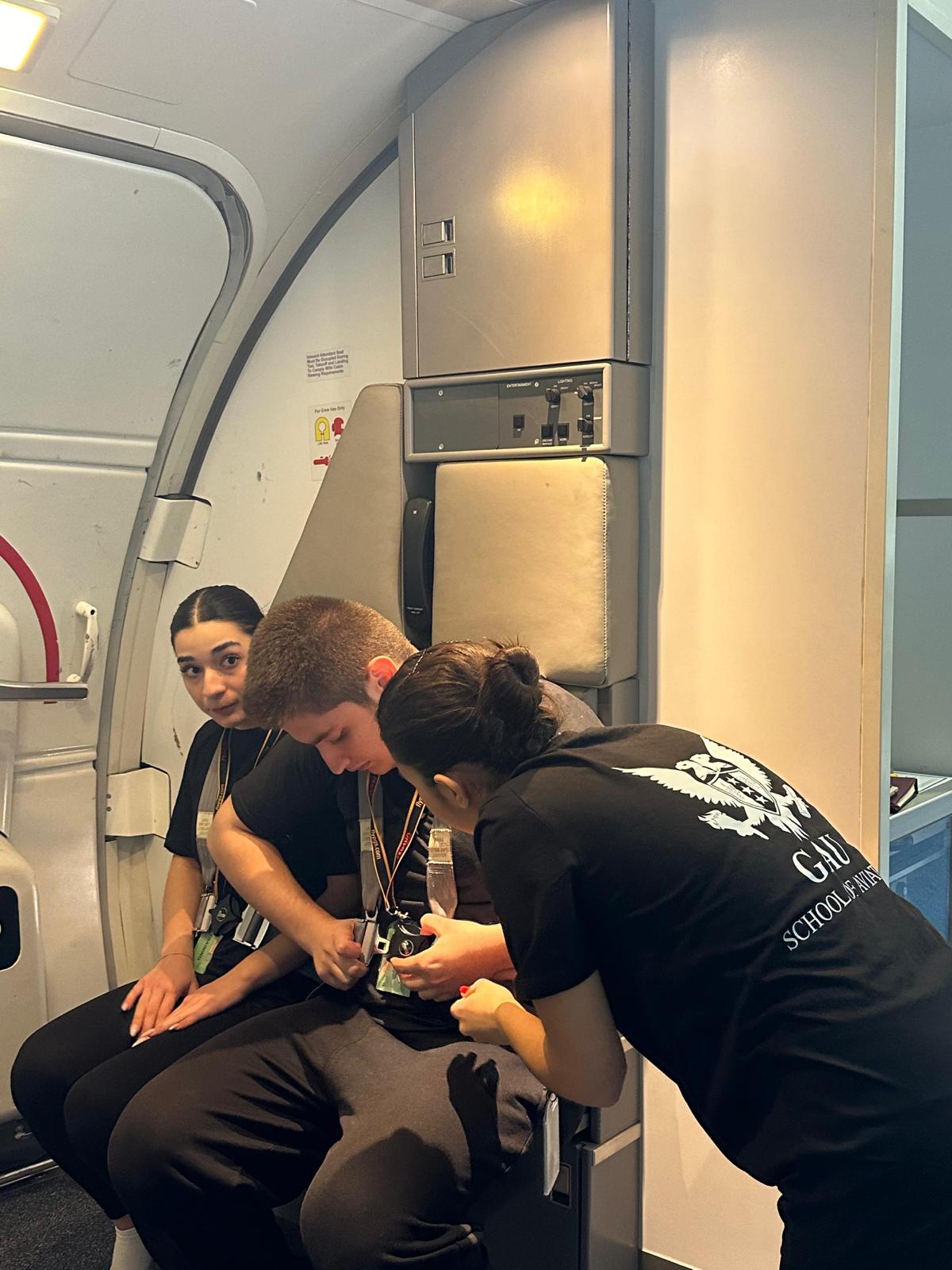
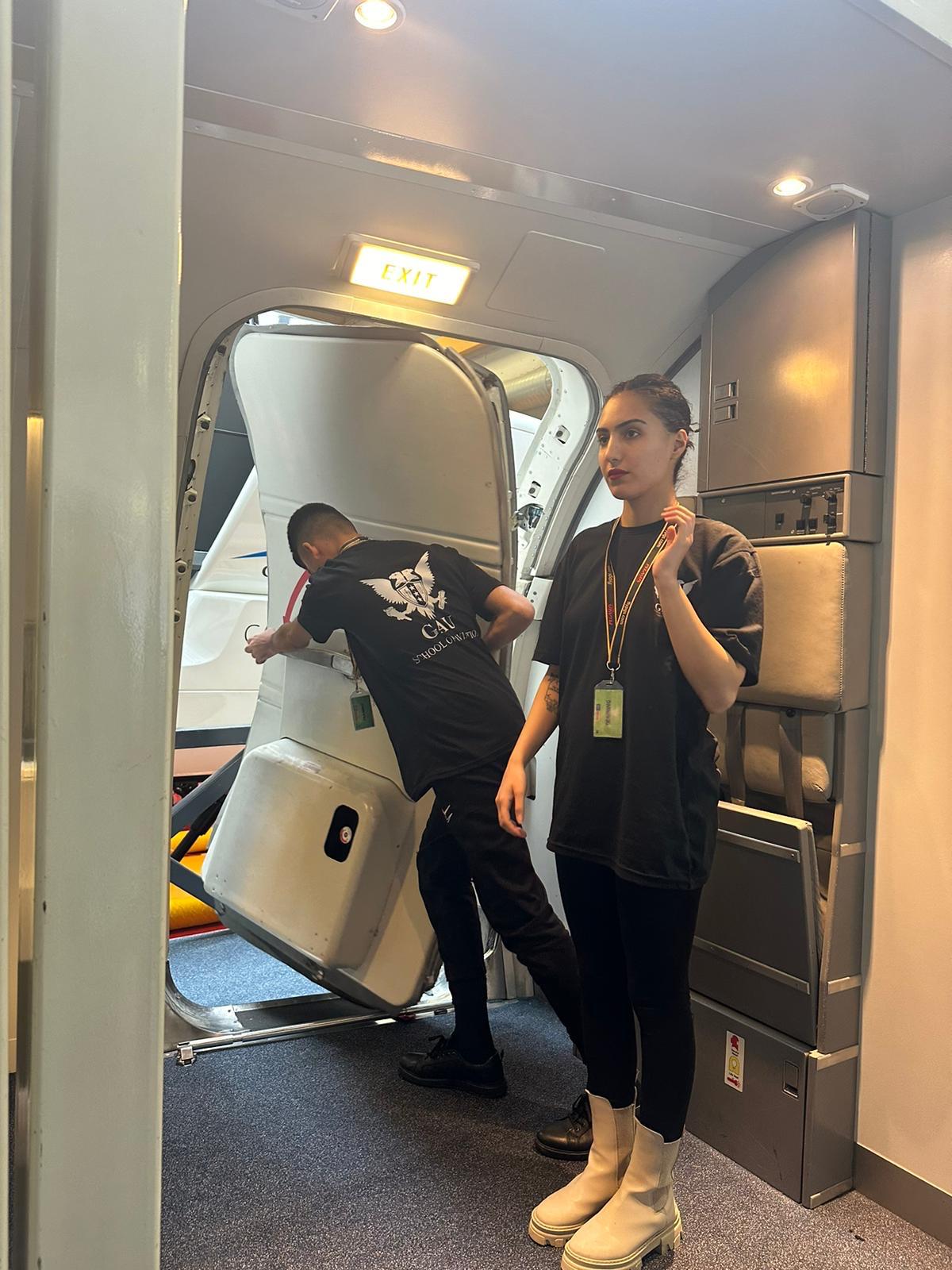
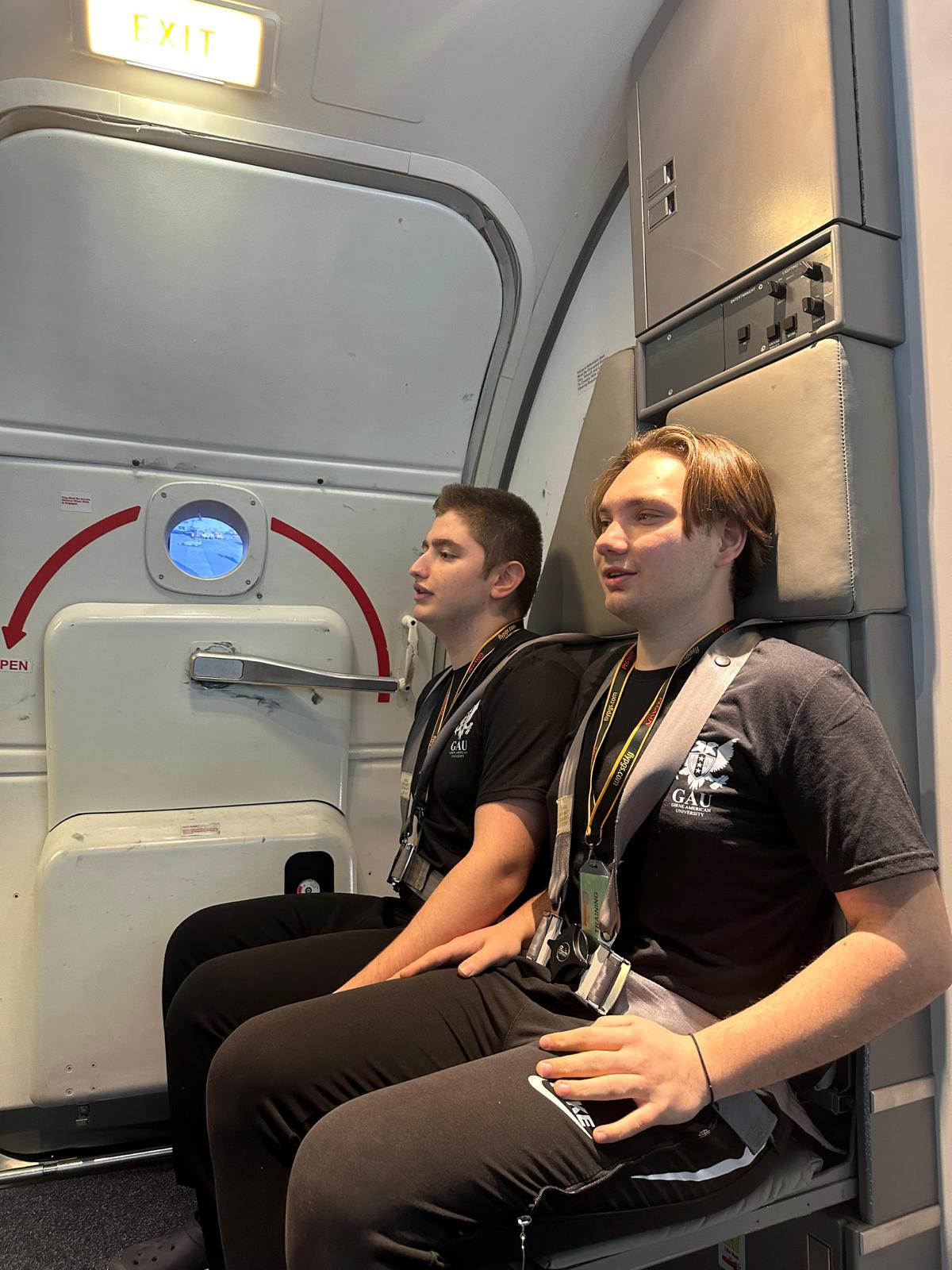
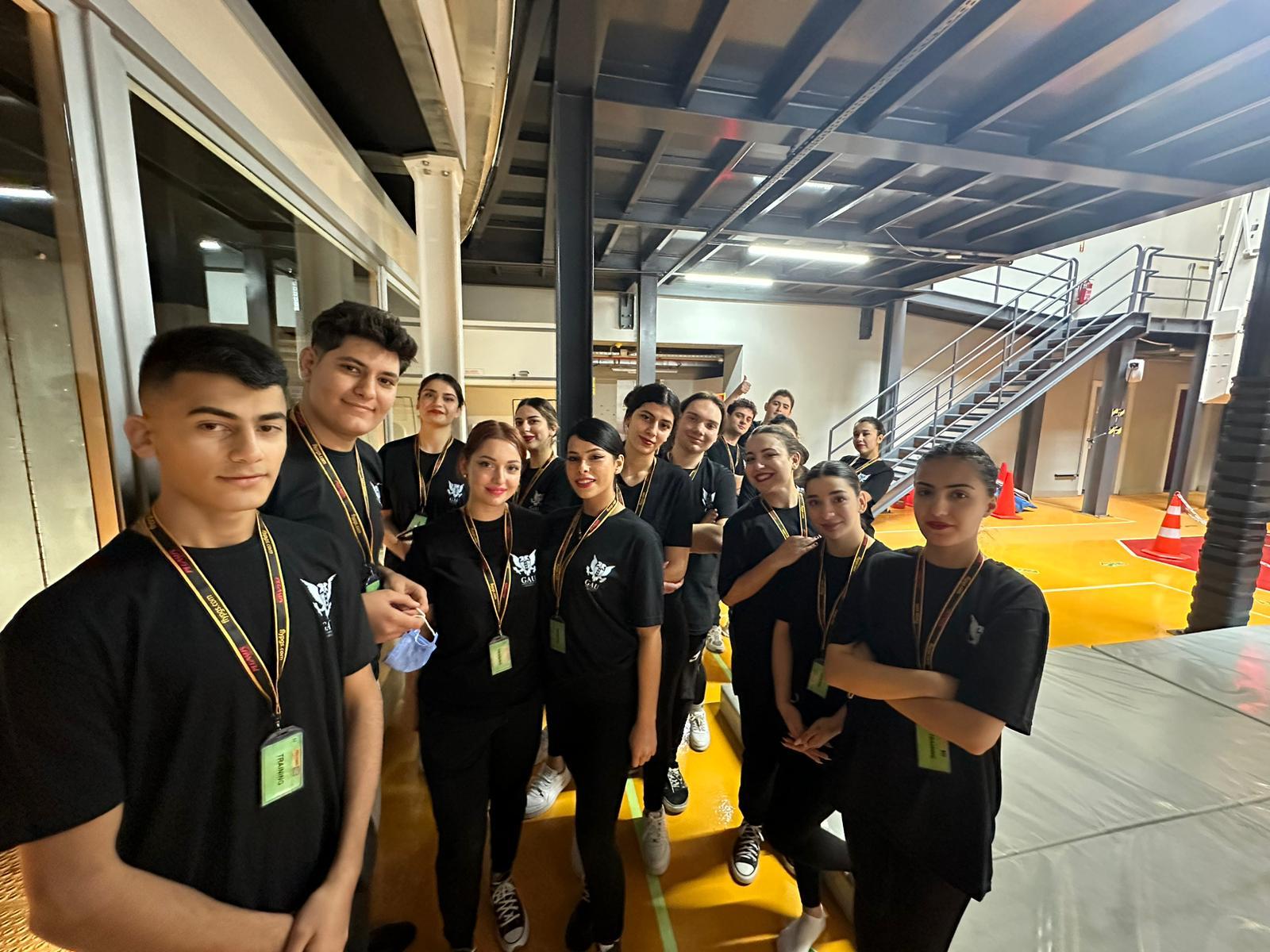
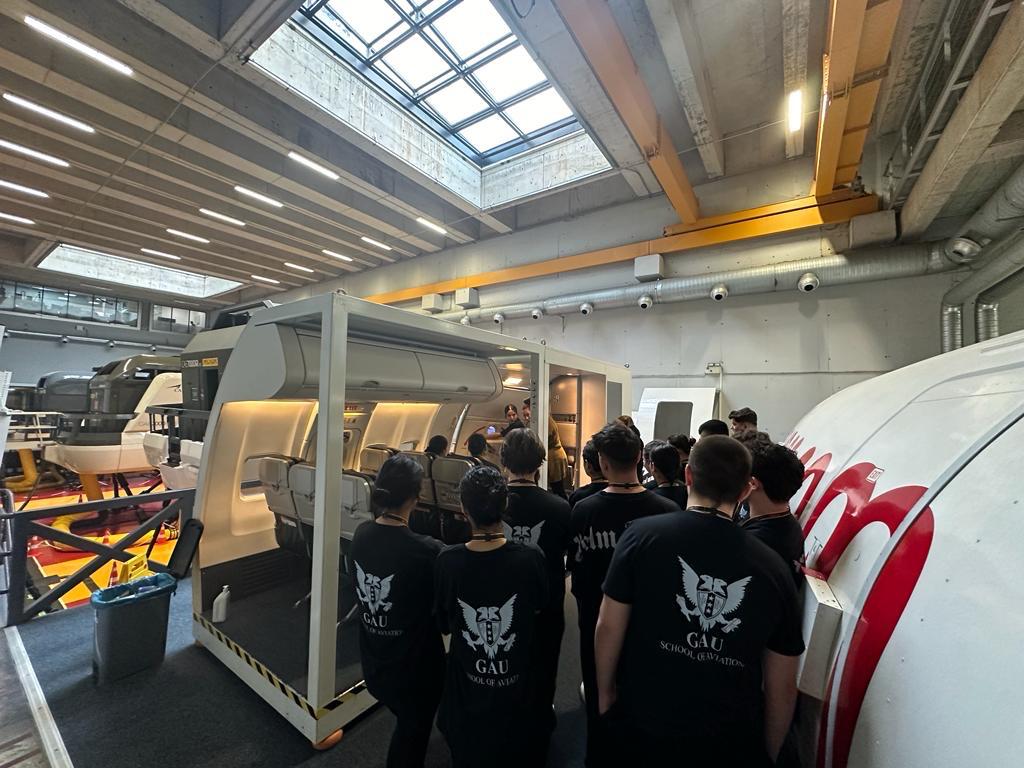
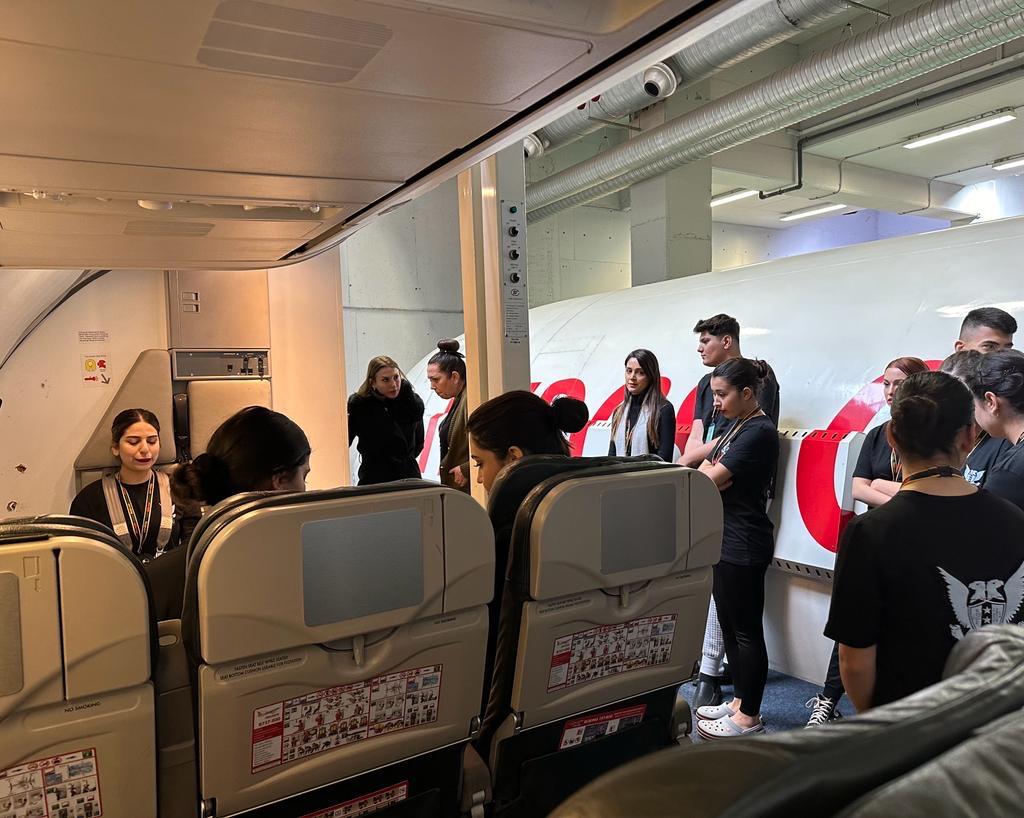
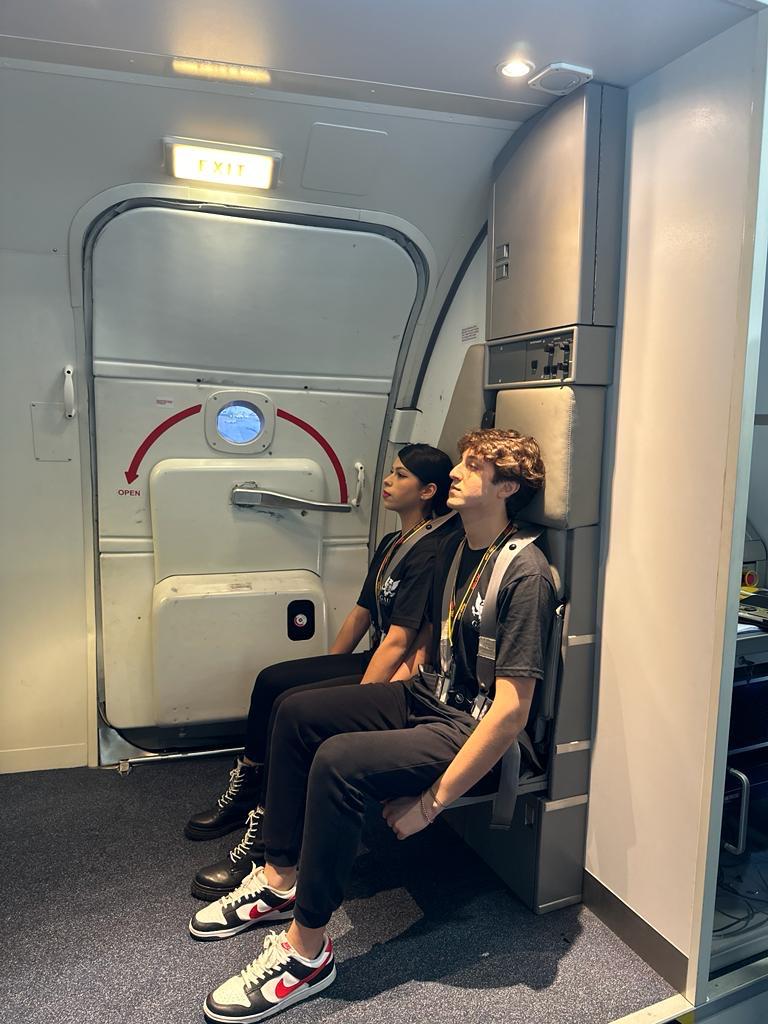
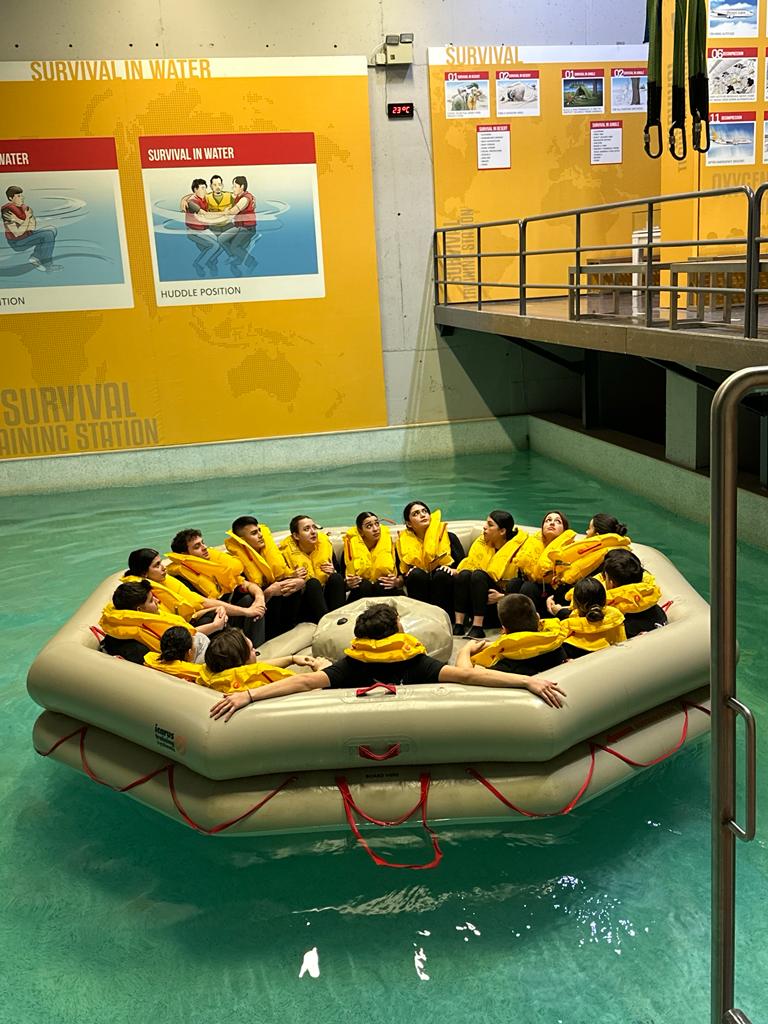
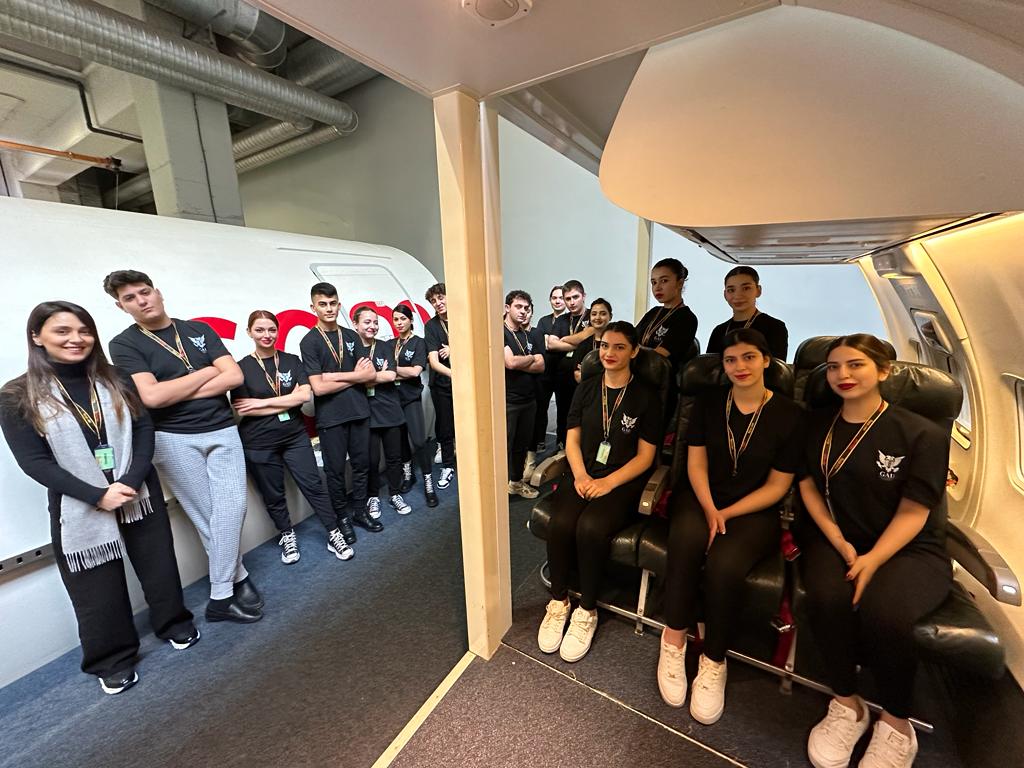
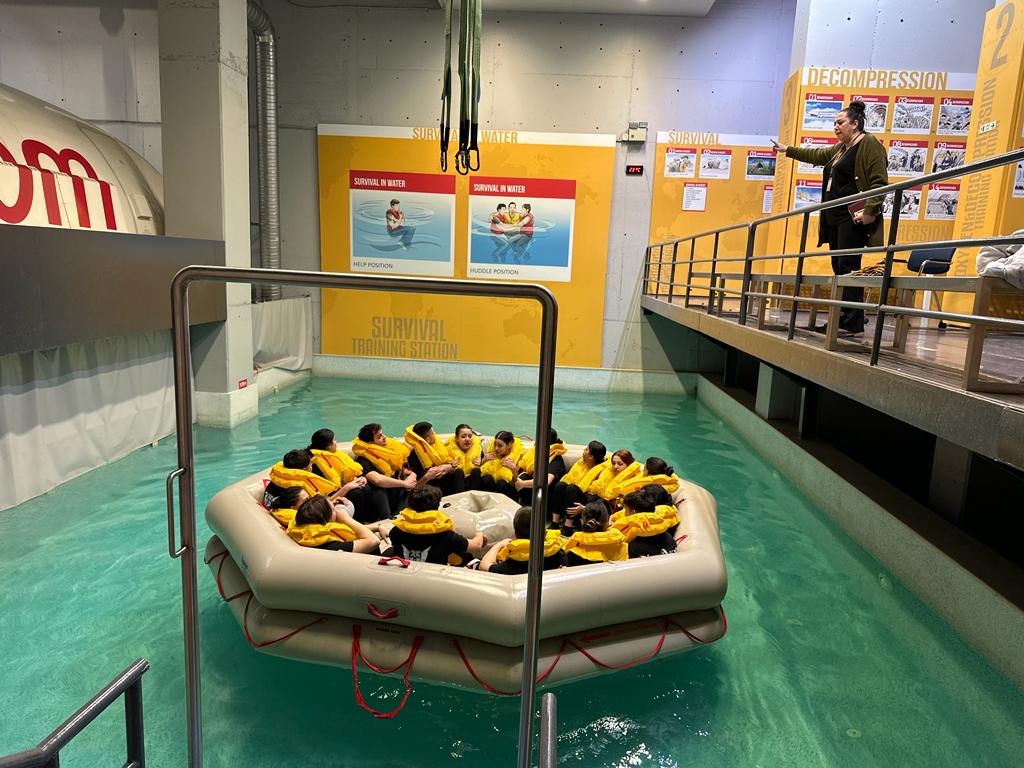
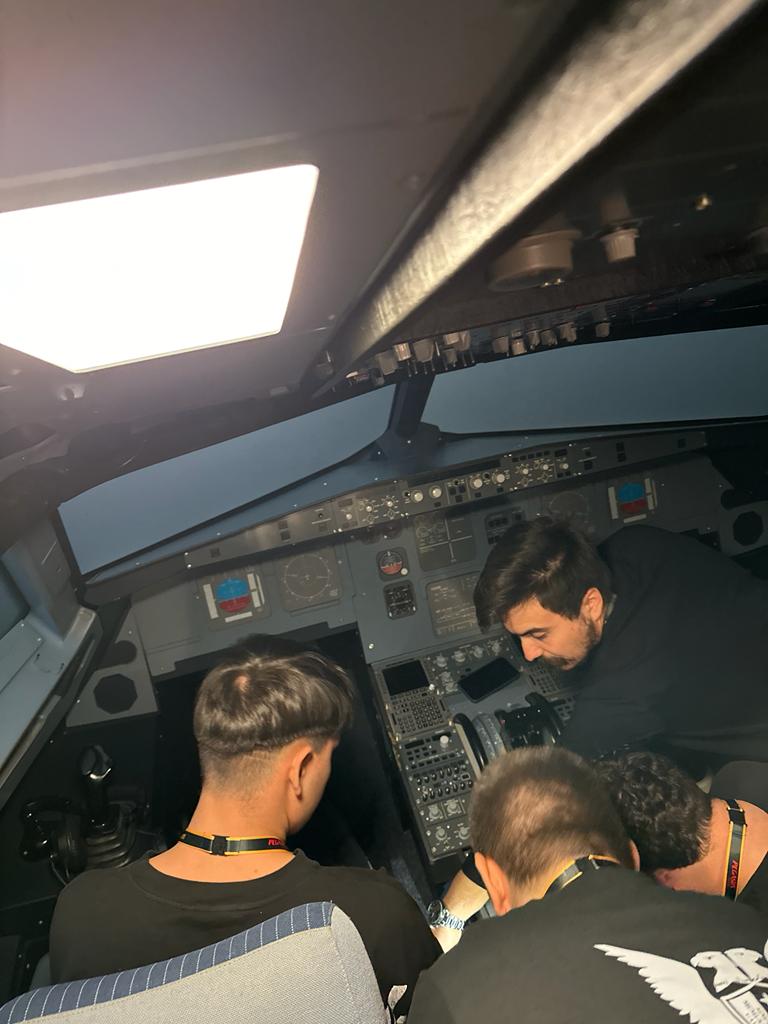
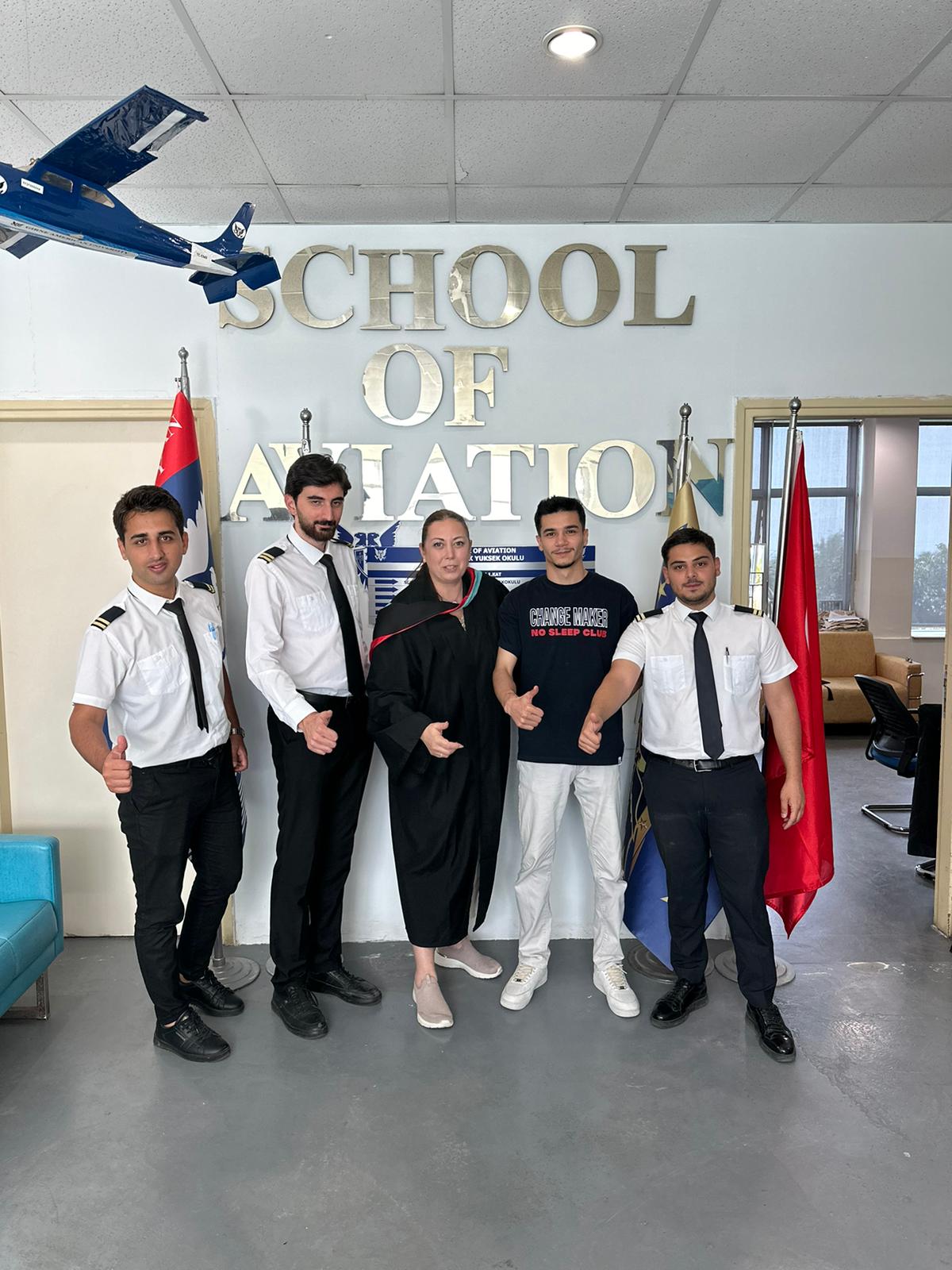
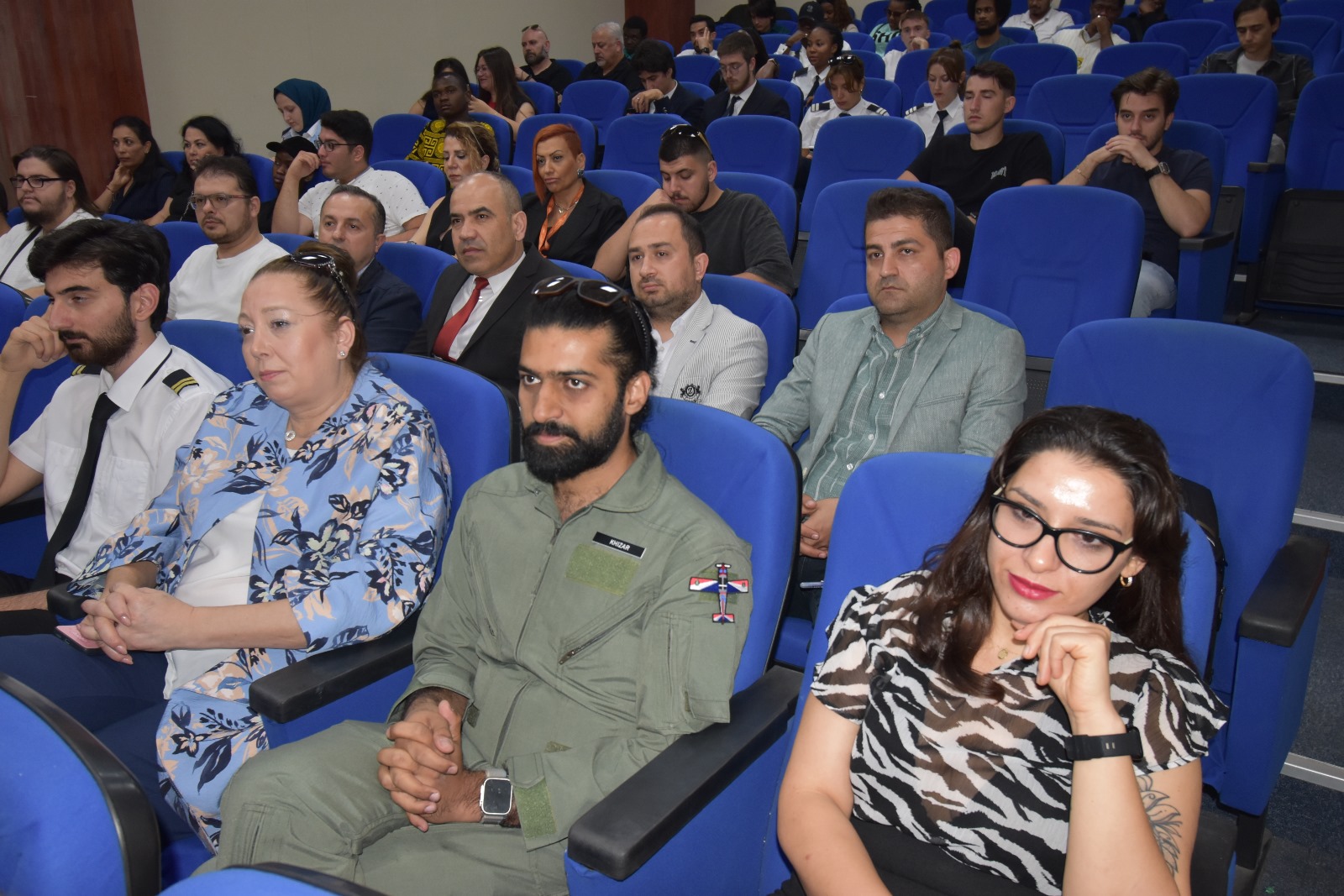
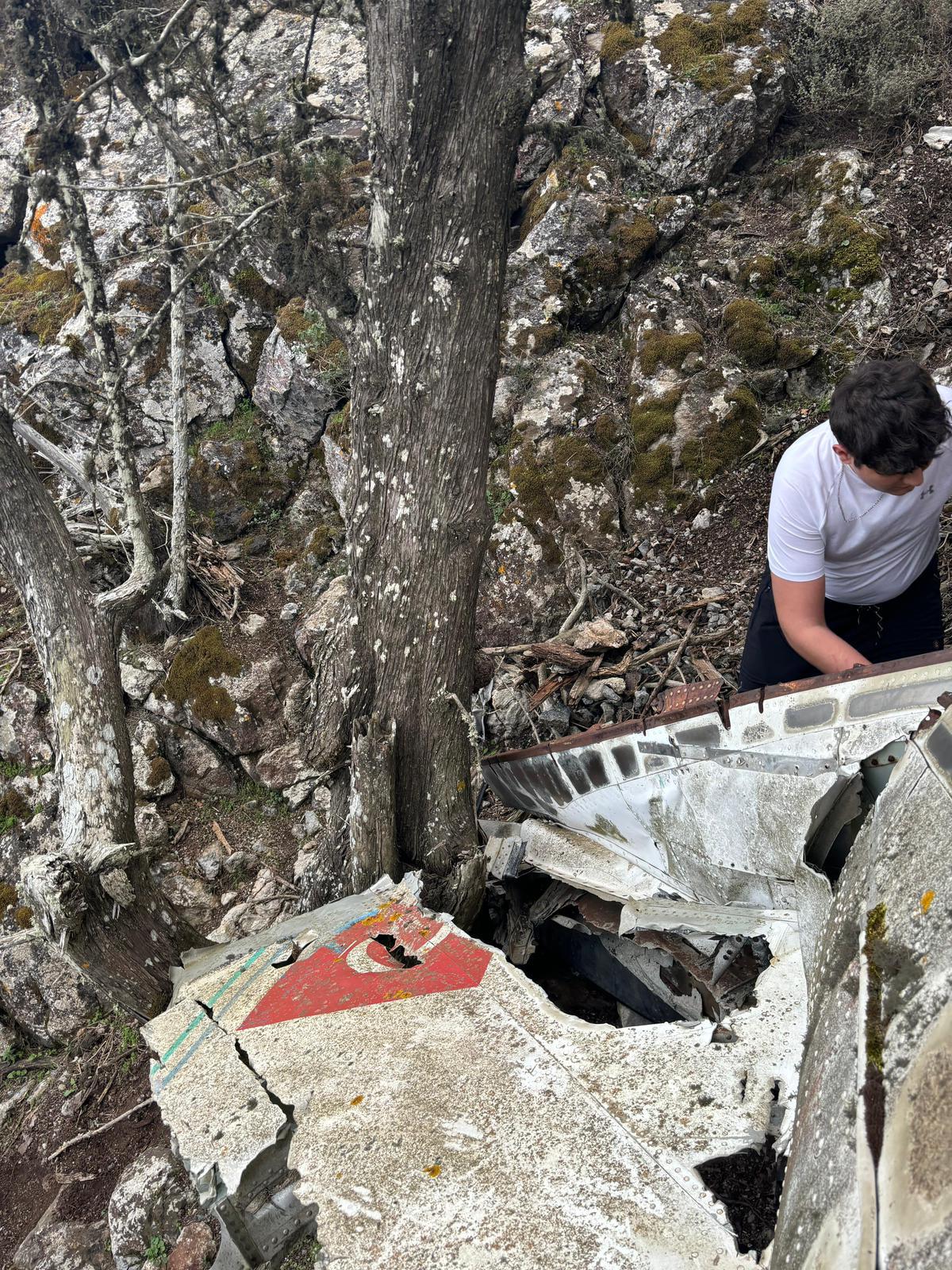






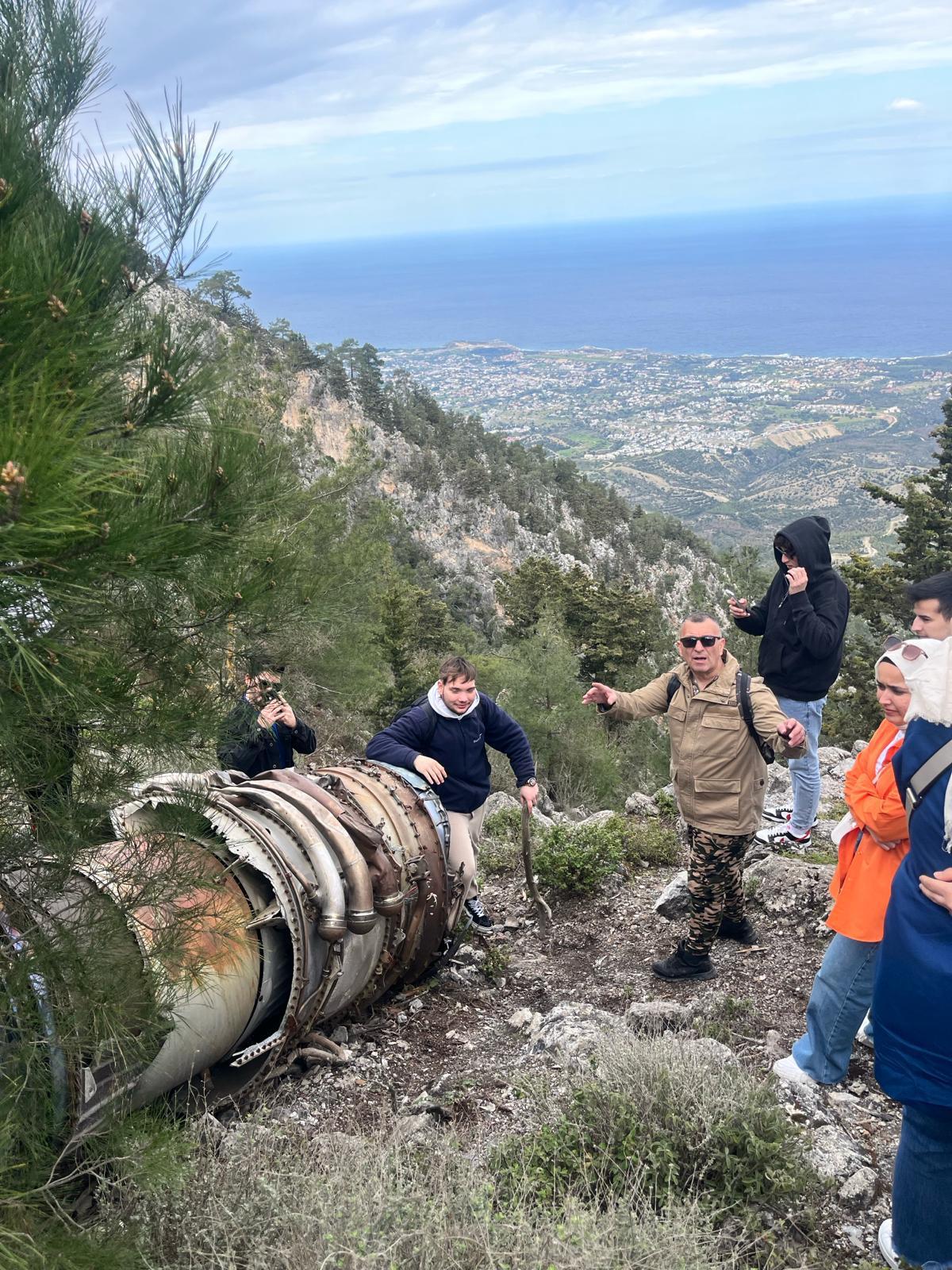
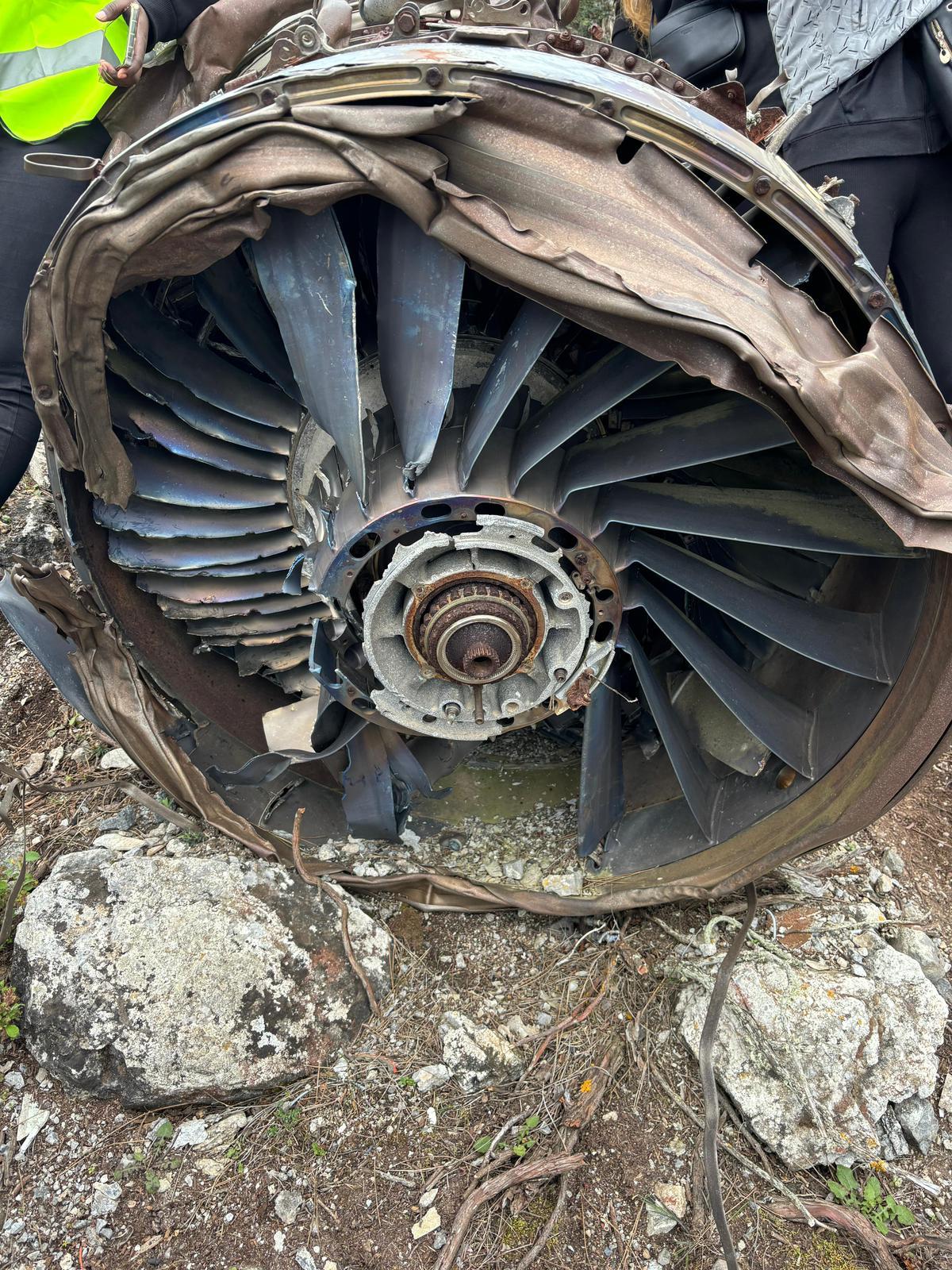






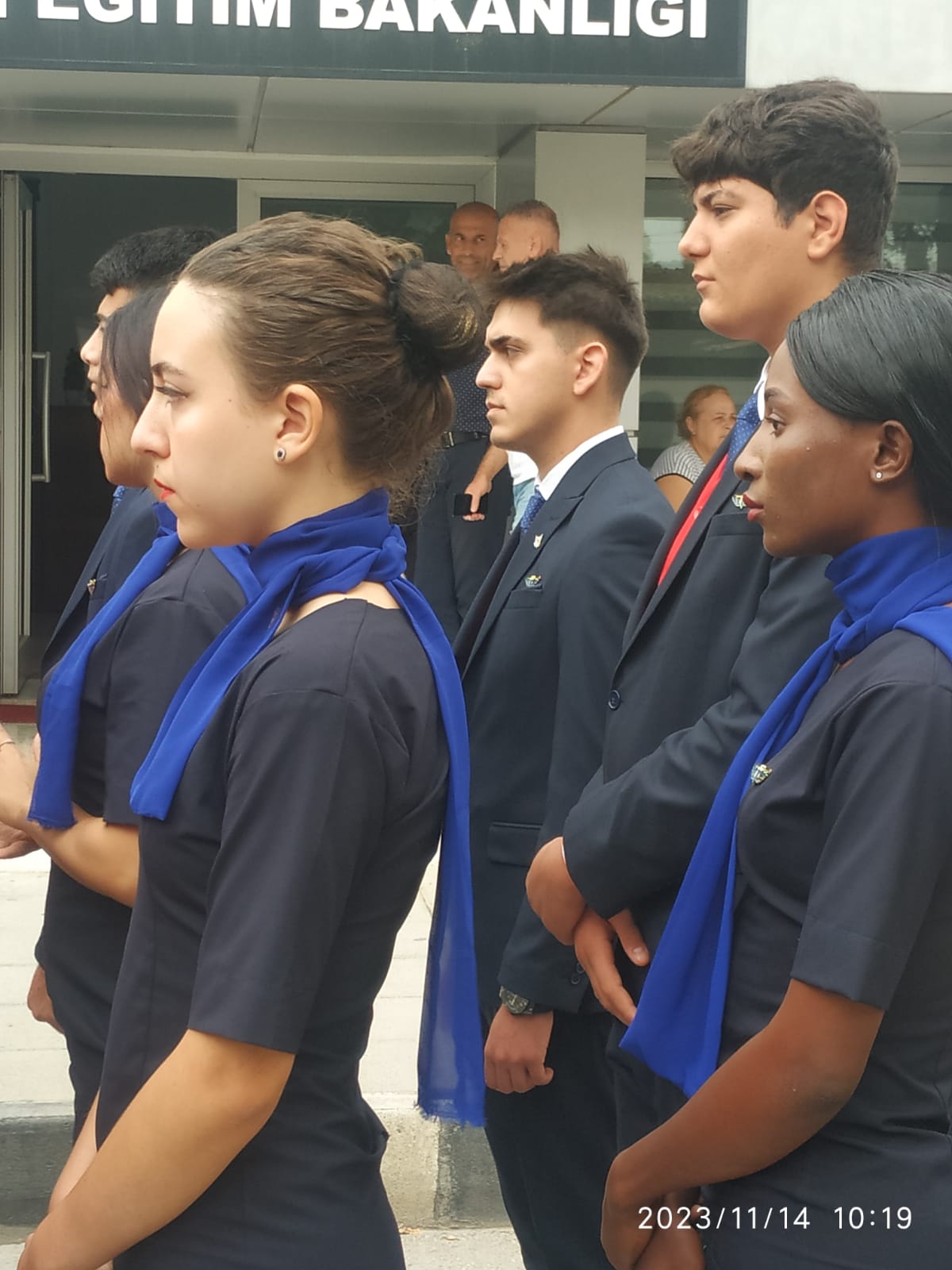
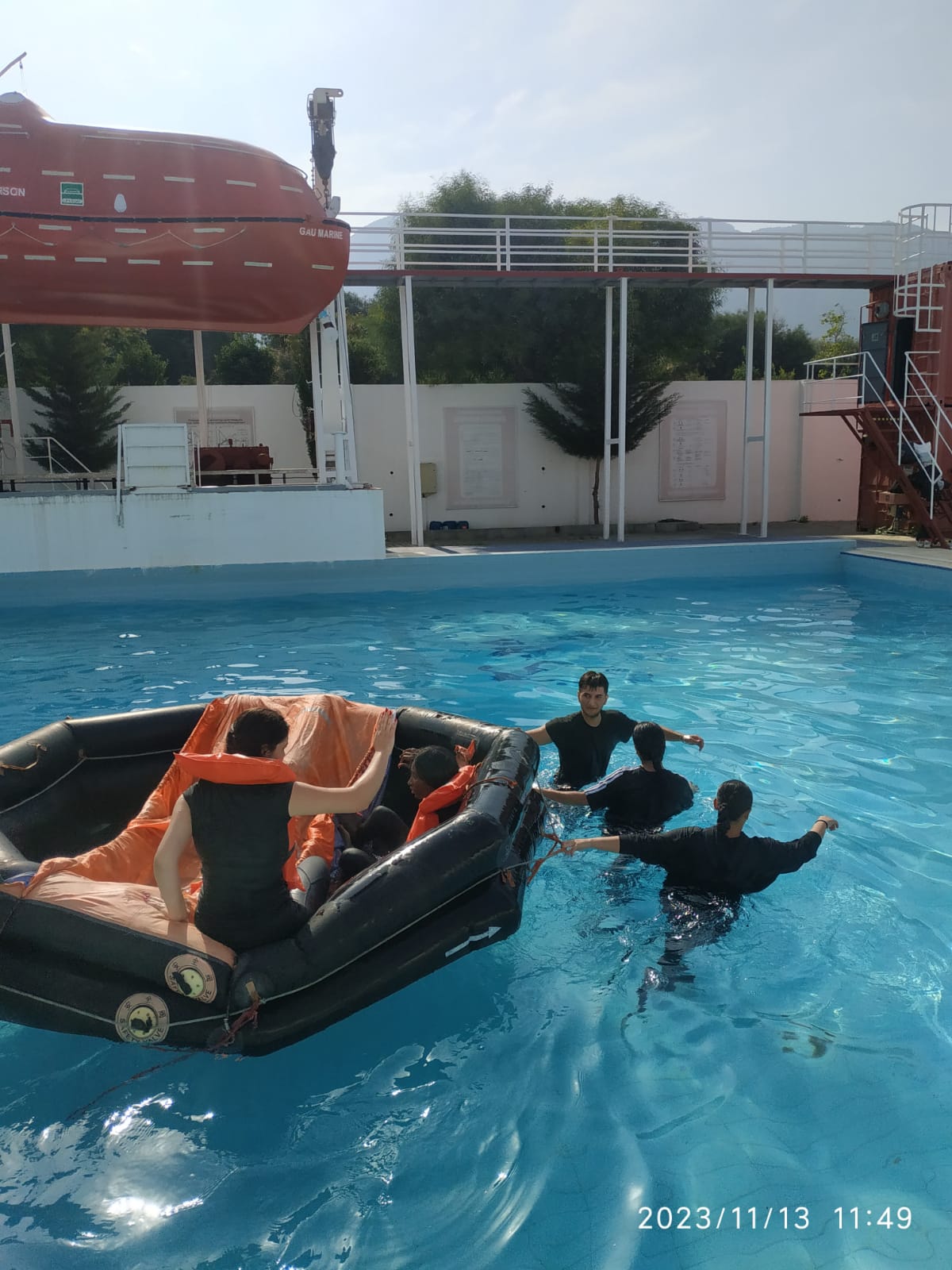
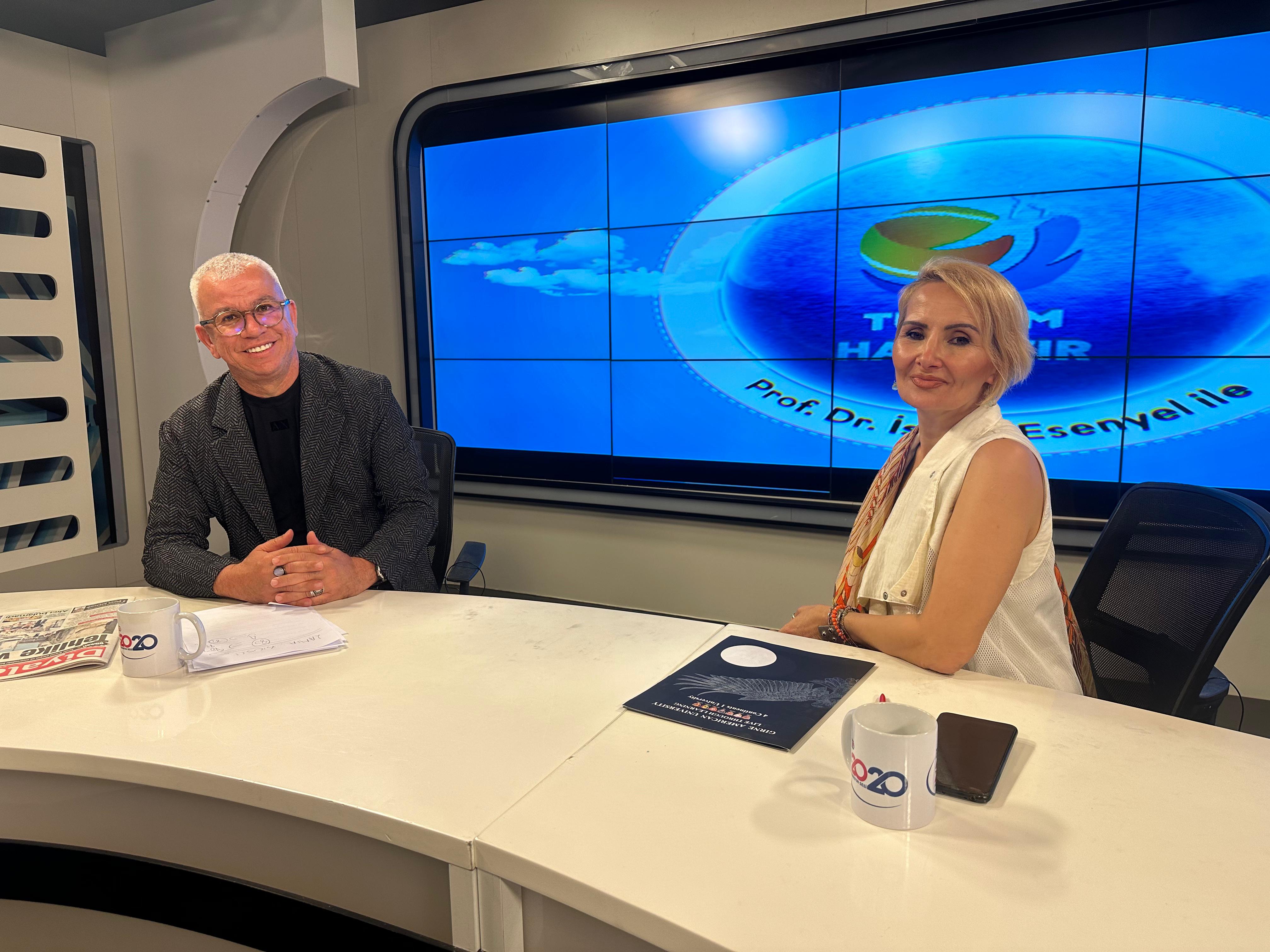
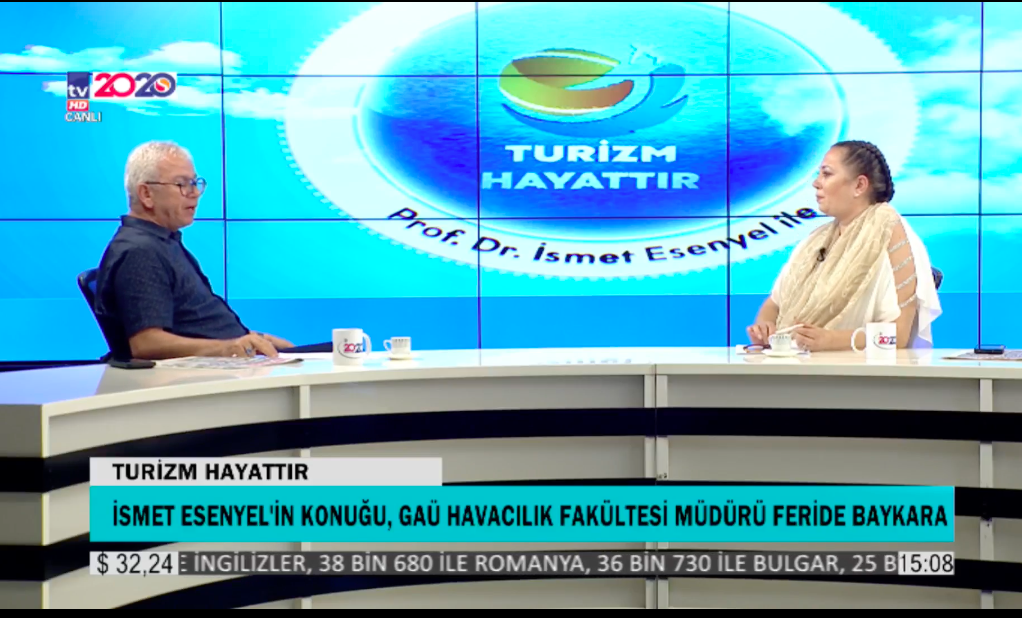
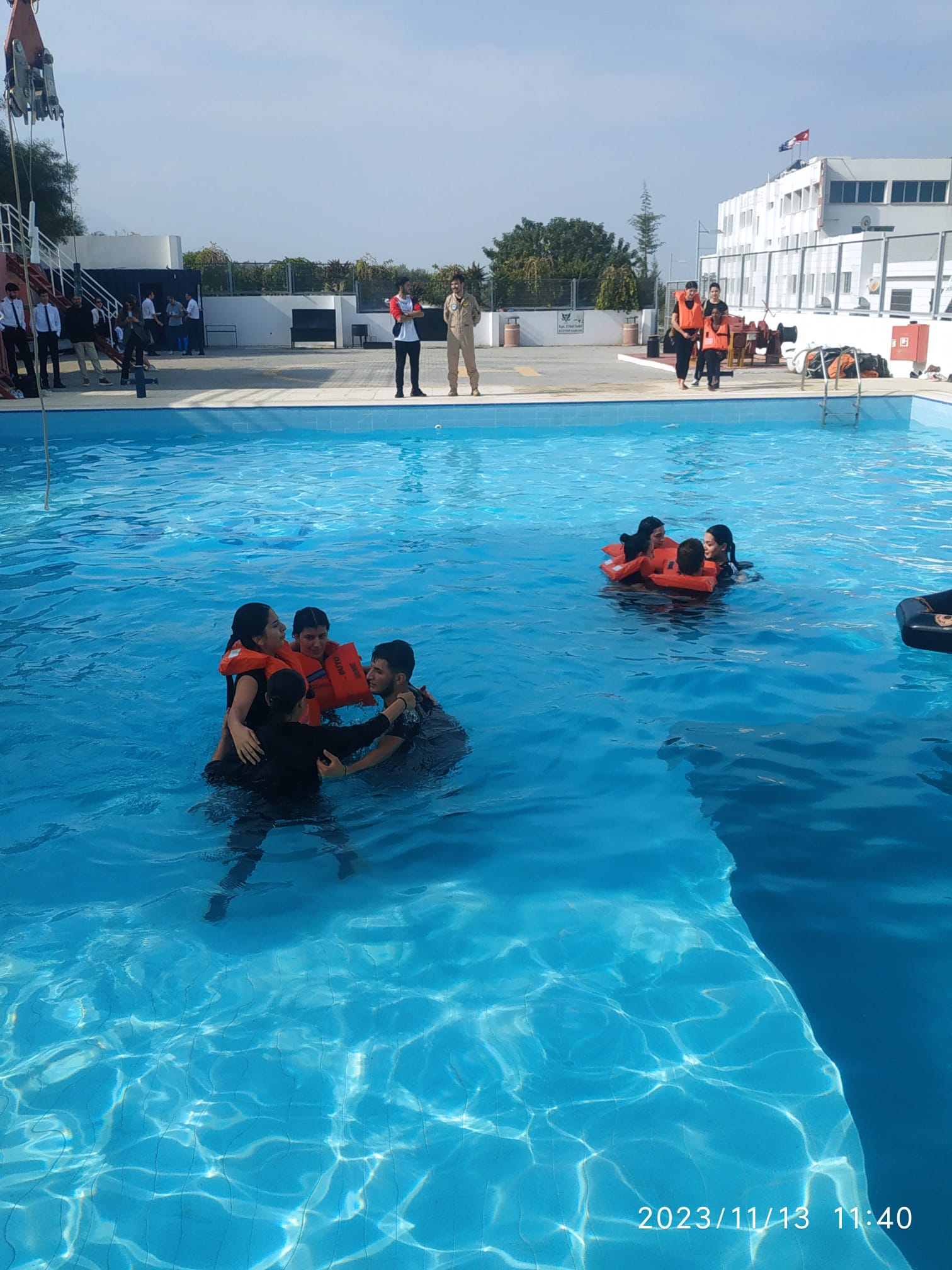
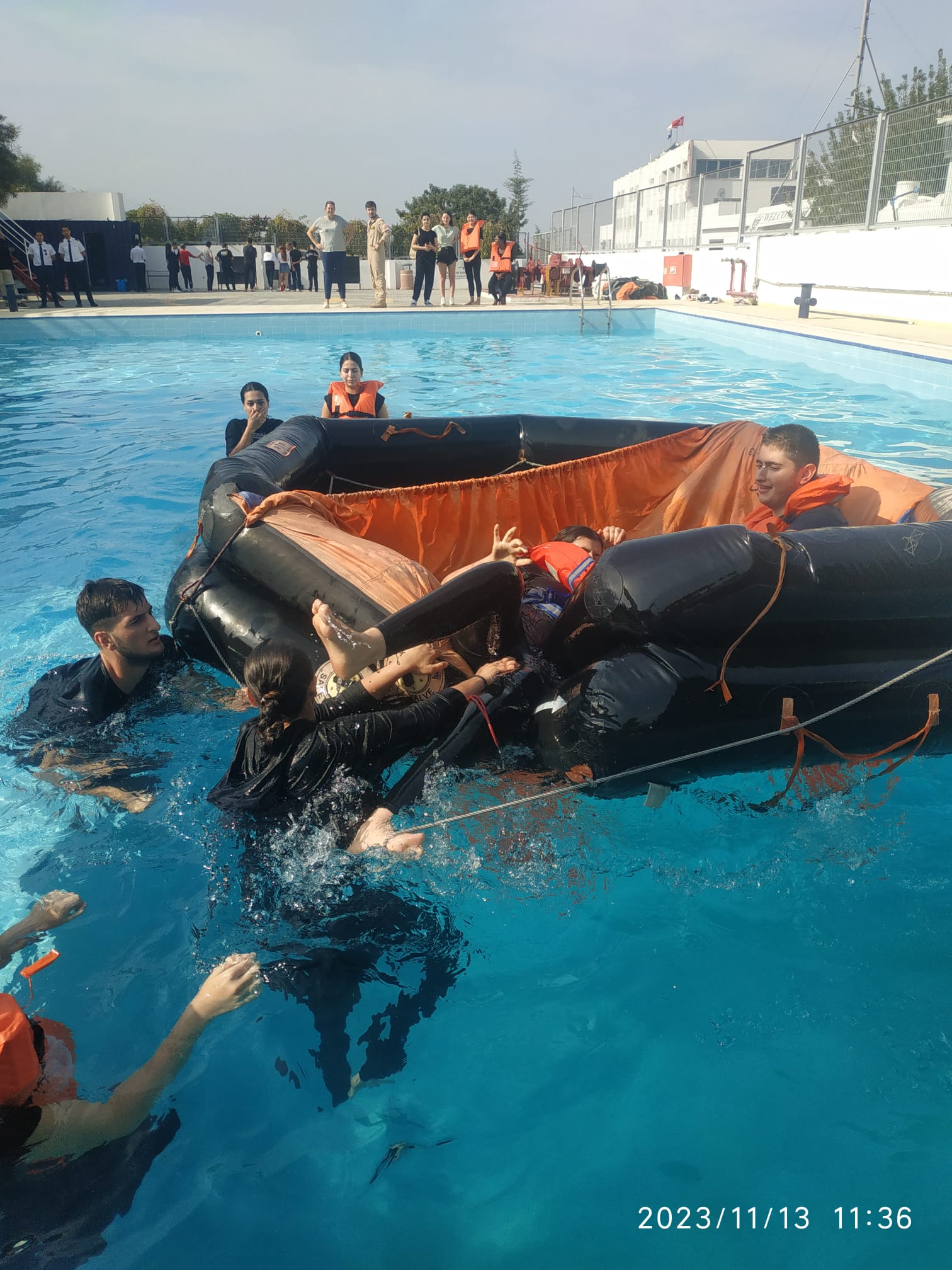

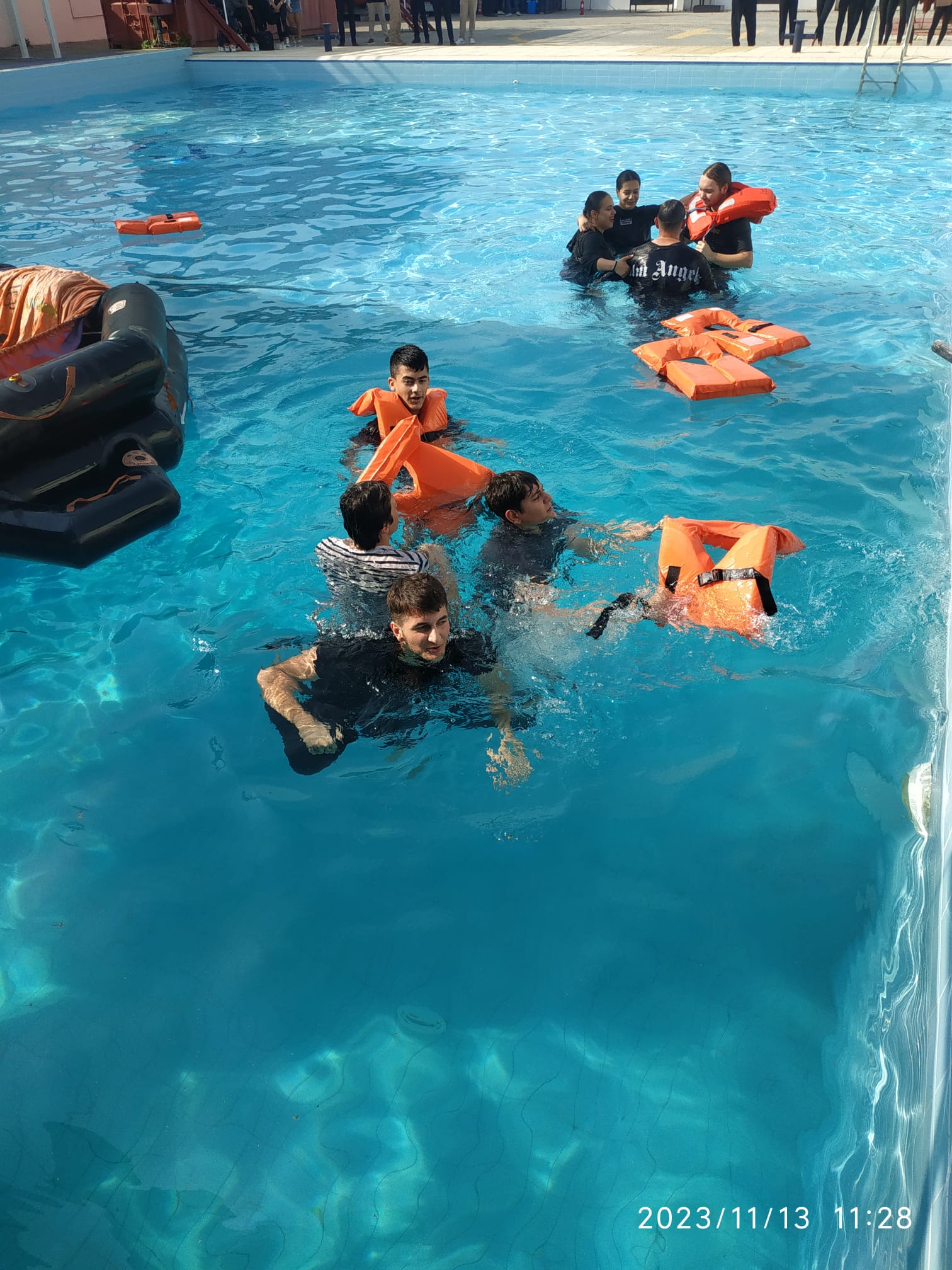
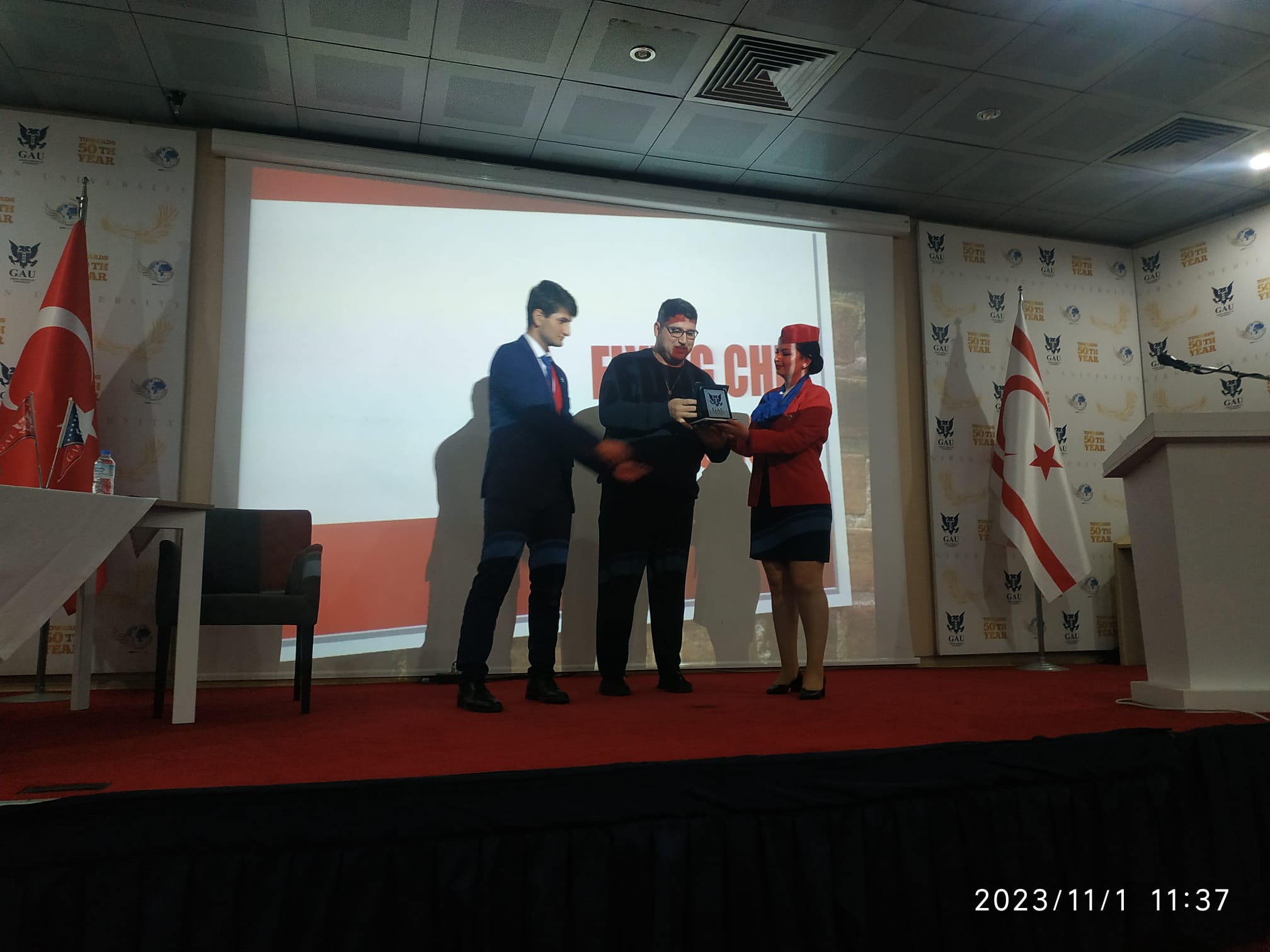

| CODE | COURSE NAME | T | P | C | ECTS | Prereq. | Syllabus | Description |
|---|---|---|---|---|---|---|---|---|
| CACS 110 | World Cultures and Destinations (must Elective I) | 2 | 0 | 2 | 4 | Download | The course "World Cultures and Destinations" offers a comprehensive survey of various cultures and important destinations in the world. Designed for students interested in global travel, cultural studies and international relations. | |
| CACS 109 | Aviation Law (must elective II) | 2 | 0 | 2 | 5 | Download | This course provides an in-depth examination of key aspects of international air law. Students will gain insight into the legal and institutional framework of international air law regimes by examining the roles and functions of the major organizations involved in regulating the industry. Learning how developments and legal issues in air law directly impact the aviation industry and exploring potential solutions to common air law problems will outline the course. | |
| CACS 111 | Organizations & Duties | 2 | 0 | 2 | 3 | Download | This course provides an in-depth understanding of the organizational structure and tasks in the aviation industry. It covers a variety of aspects, including regulatory bodies, airline operations, airport management, air traffic control, security protocols, and the roles of different aviation professionals. | |
| CACS 112 | Marketing in Aviation | 2 | 0 | 2 | 3 | Download | The general overview of the marketing strategy in the economy and the differences and similarities between the sectors in aviation marketing will be learned and the strategies will be displayed more quickly. | |
| CACS 215 | Personal Grooming | 2 | 0 | 2 | 3 | Download | Personal grooming and grooming includes a variety of practices and routines aimed at maintaining cleanliness, health, and an overall well-groomed appearance. This includes activities such as bathing, skin care, hair care, dental hygiene, and caring for certain parts of the body. | |
| CACS 216 | Quality Management System in Cabin | 2 | 0 | 2 | 3 | Download | Quality management system - QMS is a set of policies, processes and procedures necessary for the planning and execution of production, development and service in an organisation's core business. | |
| CACS 217 | Safety Management Systems | 2 | 0 | 2 | 3 | Download | This course is a complete and fully updated guide to commercial aviation safety. Presenting the latest procedures and standards across general and international air traffic and regulatory bodies, this comprehensively revised resource covers the entire commercial aviation safety system, from human factors to accident investigations. | |
| Total | 14 | 24 |
| CODE | COURSE NAME | T | P | C | ECTS | Prereq. | Syllabus | Description |
|---|---|---|---|---|---|---|---|---|
| COMP103 | Computer Application I | 3 | 0 | 3 | 4 | |||
| EGL101 | Development of Reading Skills | 3 | 0 | 3 | 4 | |||
| NH001 | National History I | 0 | 0 | 0 | 2 | |||
| CACS 101 | Introduction to Aviation | 3 | 0 | 3 | 5 | Download | The course provides an overview about the aviation and its history together with main developments and challenges that the major group of activities in aviation faces. | |
| CACS 103 | Communication in Aviation I | 2 | 0 | 2 | 4 | Download | This course will provide; Concept of communication and description, process in communication and elements in the process of communication (source, dialog, channel, receiver, codding, code-access, correlation frame, reflection, noise limiter, reverb selector perception), communication types in line of communication participants (inner communication, interpersonal communication, communication within group, intergroup communication), Mass communication and popular culture | |
| CACS 105 | General Aircraft Knowledge | 3 | 0 | 3 | 5 | Download | This course provides basic information about the performance of aircraft, with special emphasis on lift and drag for aircraft, high-speed submarine aerodynamics and turbojet and turboprop aircraft with a maximum take-off weight (MTOW). | |
| TFL101 | Turkish as a Foreign Language I (for non natives) | 0 | 0 | 0 | 4 | |||
| CACS 107 | Aviation Terminology | 2 | 0 | 2 | 4 | Download | It covers all the basic definitions, abbreviations, and terms used in the aviation industry, their uses, and applications. | |
| Total | 16 | 32 |
| CODE | COURSE NAME | T | P | C | ECTS | Prereq. | Syllabus | Description |
|---|---|---|---|---|---|---|---|---|
| CACS 102 | Normal Safety Regulations | 2 | 0 | 2 | 3 | Download | This course provides an in-depth review of the key aspects of safety regulations in the cabin. Students will gain knowledge about preparing the cabin for boarding, take-off and landing. | |
| CACS 104 | Communication in Aviation II | 2 | 0 | 2 | 4 | CACS 103 | Download | The aim of this course is to define the basic theories, research and applications of nonverbal communication, analyze effective communication methods and apply verbal communication in the effective communication process. |
| CACS 106 | Airport & Flight Security | 3 | 0 | 3 | 5 | Download | In this course, basic concepts related to aviation security, terrorism and historical background, security threats in aircraft, airport and flight safety concept, behavior analysis, passenger profiles, precautions, threat levels, international regulations and cockpit security will be explained. | |
| CACS 108 | Hazardous Material Training | 2 | 0 | 2 | 4 | Download | This course aims to ensure flight safety by training personnel and applying the correct rules to passenger handling dangerous goods. | |
| COMP104 | Computer Application II | 3 | 0 | 3 | 4 | COMP103 | ||
| EGL102 | Development of Writing Skills | 3 | 0 | 3 | 4 | |||
| NH002 | National History II | 0 | 0 | 0 | 2 | NH001 | ||
| TFL102 | Turkish as a Foreign Language II (for non natives) | 0 | 0 | 0 | 4 | TFL101 | ||
| STJ001 | 15 Calender Days Mandatory Internship | 1 | ||||||
| Total | 15 | 31 |
| CODE | COURSE NAME | T | P | C | ECTS | Prereq. | Syllabus | Description |
|---|---|---|---|---|---|---|---|---|
| CACS 201 | Service/In-Flight Catering I | 3 | 0 | 3 | 5 | Download | The purpose of this course is to help students develop an applicable understanding of in-flight catering issues and their relevance to aviation safety. | |
| CACS 203 | Effective Speaking & Dictation | 3 | 0 | 3 | 5 | Download | The purpose of this course is to help students develop an applicable understanding of effective speaking and dictation and their relevance to aviation safety. | |
| CACS 205 | Passenger Safety & Satisfaction | 2 | 0 | 2 | 3 | Download | This course provides an overview of passenger safety and satisfaction, along with the main developments and challenges facing the core business in aviation. | |
| CACS 207 | Emergency Safety Rules | 3 | 0 | 3 | 4 | Download | The aim of this course is to provide sufficient theoretical and practical knowledge about flight safety for what to do in case of any abnormal situation during flight. The basic principle of Cabin Crew is Flight Safety. | |
| CACS 209 | General Meteorology | 2 | 0 | 2 | 3 | Download | This course provides students to learn on basic concepts of Meteorology science, the physical processes of Meteorological events and importance of Aviation. Topics covered on the course include: Definition of Meteorology, the structure and characteristics of the atmosphere, the gas laws, global circulation, weather systems and effects to Aviation. | |
| CACS 211 | Aviation English I | 2 | 0 | 2 | 3 | Download | Aviation English I is designed to equip aviation professionals with the essential English language skills required for effective communication in the global aviation environment. This course focuses on foundational language proficiency, emphasizing listening, speaking, reading, and writing skills pertinent to aviation operations. | |
| CACS 213 | Cabin Crew Performance Training I | 2 | 0 | 2 | 3 | Download | It includes training on maintaining the standards in the flight performance report cards. | |
| CACS 204 | Medical Issues & First Aid Training | 3 | 0 | 3 | 5 | Download | Provide adequate knowledge of administering first aid in emergencies, using only available tools and materials, and administer drug-free treatment until paramedics arrive, thus preventing further deterioration. | |
| TURK001 | Turkish I | 0 | 0 | 0 | 2 | |||
| STJ002 | 15 Calender Days Mandatory Internship | 1 | ||||||
| Elective III | Elective III | 2 | 0 | 2 | 3 | |||
| Total | 22 | 37 |
| CODE | COURSE NAME | T | P | C | ECTS | Prereq. | Syllabus | Description |
|---|---|---|---|---|---|---|---|---|
| CACS 202 | Service/In-Flight Catering II | 3 | 0 | 3 | 5 | CACS 201 | Download | The purpose of this course is to help students develop an applicable understanding of in-flight catering issues and their relevance to aviation safety. |
| CACS 206 | In-Flight Entertainment Services | 3 | 0 | 3 | 5 | Download | This course is ideal for students who can express their opinions on inflight entertainment by introducing basic inflight entertainment concepts of the world's leading airlines. In addition, the historical connections of in-flight entertainment systems are introduced by comparing the most common aircraft types in this class. | |
| CACS 208 | Emergency Safety Rules II | 3 | 0 | 3 | 4 | CACS 207 | Download | This course aims to provide sufficient theoretical and practical knowledge about flight safety for what to do in case of any abnormal situation during flight. The basic principle of Cabin Crew is Flight Safety. |
| CACS 210 | Crew Resource Management | 3 | 0 | 3 | 4 | Download | Leadership, managing people, crowd control, teamwork, character interaction, synergy, motivation, individual differences in understanding and coping with them, chain of errors, dealing with anger, body language, stress management, health, physical and mental limits including stress, professionalism in communication , communication and perception differences, fatigue, workload management, situation assessment, risk management, issues and decision making will be discussed. | |
| CACS 212 | Aviation English II | 3 | 0 | 3 | 3 | CACS 211 | Download | Aviation English II builds on the foundational skills acquired in Aviation English 1, focusing on advanced language proficiency necessary for complex and high-stakes aviation communication. This course delves deeper into nuanced language use, specialized terminology, and the development of critical thinking skills for problem-solving in dynamic aviation environments. |
| CACS 214 | Cabin Crew Performance Training II | 3 | 0 | 3 | 3 | CACS 213 | Download | This course aims to provide information about national and international etiquette and courtesy, as well as walking, posture, and sitting methods. |
| TURK002 | Turkish II | 2 | TURK001 | |||||
| Elective IV | Elective IV | 2 | 0 | 2 | 3 | |||
| Total | 20 | 29 |
In recent years, the civil aviation industry has seen substantial advancements in technology, infrastructure, and service management. These changes have significantly enhanced the quality and efficiency of cabin services. Civil Aviation Cabin Services is expected to remain one of the most essential and rapidly growing sectors, offering excellent career opportunities for those trained with specialized skills.
The primary aim of our department is to prepare our students to adapt to the evolving demands of the aviation sector. Our program provides students with a comprehensive foundation in various aspects of Cabin Services, including customer service, in-flight safety, emergency procedures, and regulatory compliance. Additionally, the program emphasizes a strong ethical foundation, enabling students to demonstrate initiative and leadership in diverse aviation roles.
Some potential career paths for our graduates include:
• Airline cabin crew
• In-flight services management
• Airport passenger services
• Aviation customer relations
• Aviation safety and regulatory bodies
Upon successful completion of the Civil Aviation Cabin Services program and acquisition of required competencies, students will be awarded an Associate Degree in Civil Aviation Cabin Services.
Cabin service professionals utilize their comprehensive understanding of passenger service, safety regulations, and operational principles to enhance the efficiency and safety of in-flight services. Career opportunities in Civil Aviation Cabin Services span several areas including airline cabin crew, in-flight services management, and passenger service roles at airports.
Graduates may find employment in:
- Airlines, as cabin crew members responsible for passenger safety and comfort
- Airports, in passenger service roles managing check-in, boarding, and customer assistance
- Aviation consultancy firms, providing expert advice on cabin service practices
- Regulatory bodies, ensuring compliance with aviation safety standards and regulations
The following program educational objectives outline the career and professional achievements our graduates are expected to accomplish post-graduation: Our graduates will:
1. Apply their cabin service knowledge to identify and solve industry-related problems, utilizing critical judgment skills to succeed in their professional or academic careers.
2. Exhibit professional and personal leadership within multidisciplinary and international aviation environments.
3. Implement the fundamental principles and practices of cabin services in the operation and management of aviation systems.
4. Stay informed and engaged with the evolving challenges of the aviation industry through continuous self-development.
5. Participate in a mock training session followed by a mandatory 15-day internship to gain practical, hands-on experience in the aviation industry.
The Faculty of Aviation values modern concepts and innovative teaching methods to support educational objectives, alongside traditional methods. Regular class attendance is compulsory for all courses except for graduation projects. A variety of educational methods are employed depending on the course and instructor. Practical exercises, including IT-based activities, are integrated to enhance theoretical understanding and improve practical skills, aiming to increase student engagement.
Traditional classroom instruction is essential for imparting foundational knowledge. Thus, a minimum of 75% class attendance is expected for all courses. Problem-solving sessions are integrated with theoretical instruction and conducted under the supervision of teaching assistants or instructors. Computer-based simulations are extensively used to expand the range of scenarios and to test student responses before real-world application.
An undergraduate student is eligible to graduate upon satisfactory completion of all required courses, reports, and practical assignments, accumulating the minimum credit-hours(74 credits) required for graduation. A cumulative GPA of 2.00 or above and financial good standing are also required.
The University Senate, upon the recommendation of the faculties, confers graduation.
Diplomas, prepared by the Registrar's Office, indicate the name of the program, the date of graduation, and the degree obtained.


